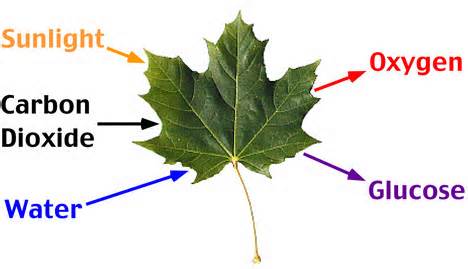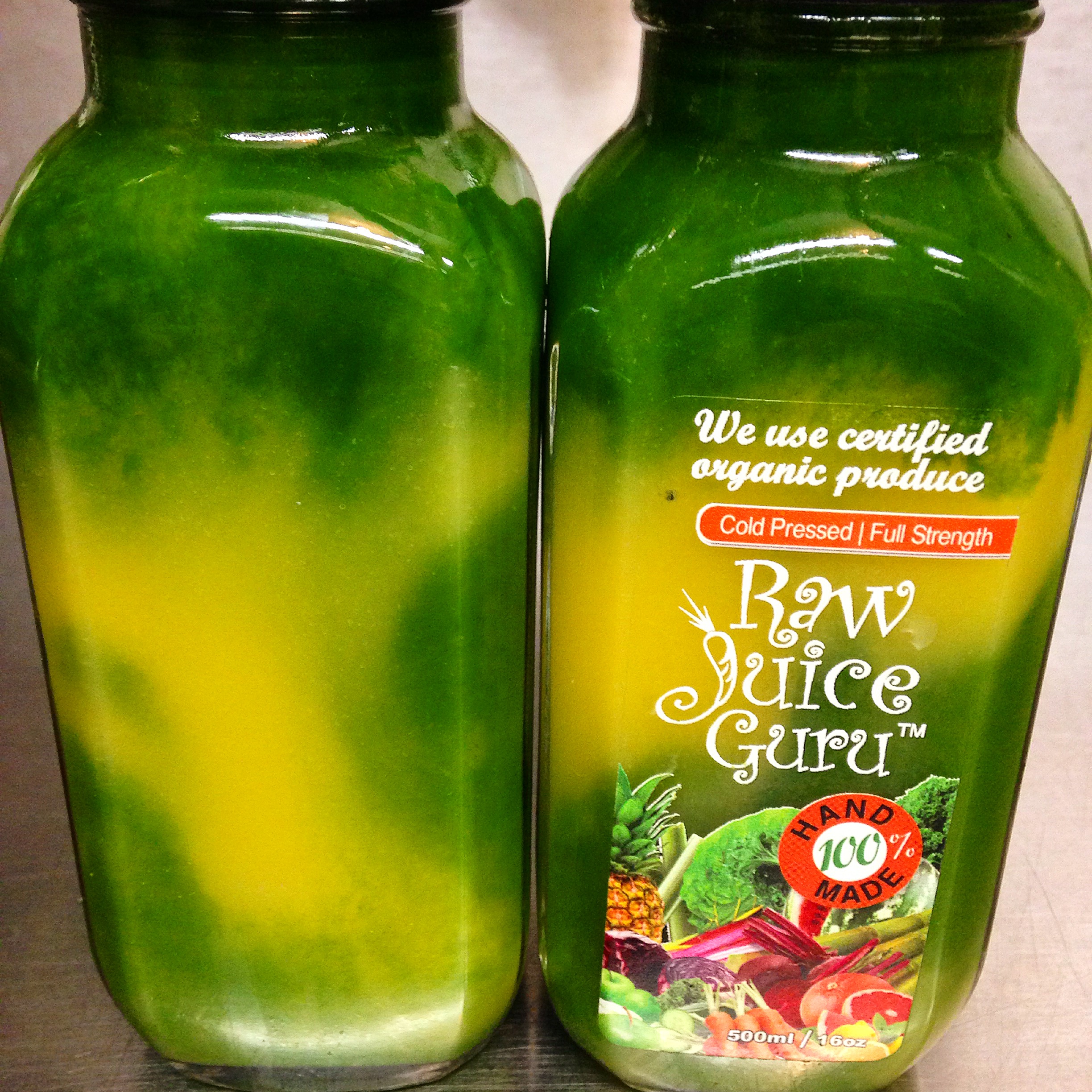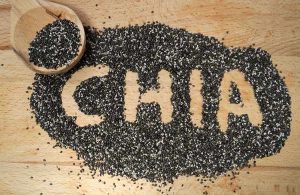 What Is Chia?
What Is Chia?
According to Wikipedia: “Salvia hispanica, commonly known as chia, is a species of flowering plant in the mint family, Lamiaceae, native to central and southern Mexico and Guatemala”.
It’s an ancient seed that dates back to the 16th Century and is thought to be used by the Aztecs. The seeds themselves are harvested from the flowers and can be used for multiple purposes, which we’ll cover in more detail soon.
1. Chia Seeds Are Packed With Nutrients
chia seeds are full of fiber, healthy fats such as omega 3, protein, and loads of vitamins and minerals. In fact, as far as seeds go, they really are a ‘complete’ food source so we can see why it’s been eaten for centuries.
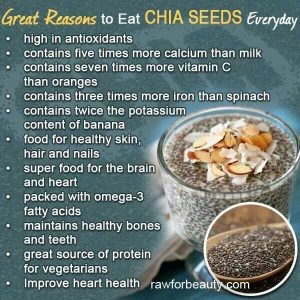 2. Chia seeds are full of healthy fats.
2. Chia seeds are full of healthy fats.
chia seed contain quite a lot of fat, 30.7 g per 100 g. Now while this might have you worried, don’t be because they contain super healthy fats.
According to a study by Mathaus and Ozcan, alpha linolenic acid (59.4 to 65.7 g/100 g) is the main fatty acid in chia seeds, which happens to be an essential omega 3 fatty acid. We need more of these in our diet because most of us just don’t get enough of them. They also contain linoleic acid (15.9 to 20.9 g/100 g) and oleic acid (8.5 to 10.7 g/100 g) , again both healthy forms of fats. Oleic acid in particular has powerful anti-inflammatory benefits, amongst other things.
On top of this they also contain a healthy amount of the fat soluble vitamin E, “ranging from 82.8 to 536.5 mg/kg”.
And like Mathaus and Ozcan conclude, the seeds or oil from chia provide “high-value products for healthy nutrition”, so go ahead and eat that healthy fat!
3. Great Source Of Vegetarian Protein
Vegetarians do have lots of alternatives for protein and chia seeds just happen to be one of them. With 17 g protein per 100 g serve you can definitely see these little guys become a regular part of your vego eating routine. And even if you’re not vegetarian they will still provide a great source of protein to help keep you fuller longer.
4. Chia Seeds Help Reduce Inflammation
Over the past few years there’s been a great deal of research that shows inflammation is at the core of many health conditions. I did my Masters thesis on the topic of inflammation and nutrition, and it’s always fascinated me ever since just how many things inflammation is involved in.
One of the main nutrients studied for anti-inflammatory benefits is omega 3, and as can be seen by the nutrition info on chia above, chia contains 17.8 g of omega 3 fats per 100 g. This omega 3 comes from alpha-linoleic acid, which doesn’t convert to the usable forms of EPA & DHA as well as eating something like salmon, but it does still provide benefits.
Dietary fiber is also known as an anti-inflammatory agent – something that chia also contains a lot of. And the fact that it has great antioxidant power only contributes to it’s anti-inflammatory power as well.
5. Chia Seeds Provide High Levels Of Antioxidants
Chia seeds: Powerful antioxidant chia seeds are loaded with antioxidant capacity and “these antioxidants protect the sensitive fats in the seeds from going rancid”.
Antioxidants are very important because they help fight free radicals and prevent oxidative stress and damage to the body. Too many free radicals cause damage to the bodies cells and leads to the development of many conditions. Chia can donate stable molecules to those free radicals and make them normal again, preventing further damage or decline in our health.
“Researchers from Mexico uncovered that chia seeds had a total natural phenolic (antioxidants) concentration nearly two times higher than previously reported, and the antioxidant activity was shown to stop up to 70% of free radical activity.”
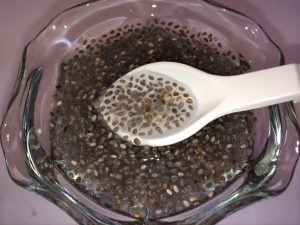 6. Chia Seeds For Constipation
6. Chia Seeds For Constipation
In a study where people took a supplement of psyllium husks and chia seeds, the outcome was definitely better bowel movements.
As Dr Barbara Bowen, IBS expert says: “When chia seeds absorb water, they take on a gel-like consistency. This may help with optimal stool formation, in other words, keeping stools more moist and easy to pass”.
Chia seeds do contain nearly 35 g fiber per 100 g, these tiny seeds are definitely going to help get things moving. The important thing to remember when introducing more high fiber foods is to make sure you drink lots of water. If you don’t you can end up making matters worse. Adding the extra fiber is the right move to make, but you need the water to really help flush things out.
7. Chia Seeds and Diverticulitis
A recent study from Feb 2015 states that:
“Risk factors favouring the development of symptomatic diverticular disease include obesity, smoking and diets low in fiber…Prior theories of the cause of diverticulosis suggested that constipation was an important cause, but new data challenge this and has provoked new ideas. Underlying mechanisms causing diverticulosis include weakening of the colonic wall and/or degenerative changes in the enteric nerves. Dietary induced changes in microbiota and the host inflammatory response may underlie the subsequent development of acute/chronic diverticulitis and its sequela.”
While there is no specific evidence for the benefits of chia for diverticulitis, only because no specific studies have been done, a couple of important things to draw from that paragraph above are that, a low fiber diet is thought to contribute to it’s development – chia has both soluble and insoluble fiber, and lots of it.
The other thing is inflammation, chia is packed with omega 3, and while it’s the alpha-linolenic version of omegas, which doesn’t convert as well as say, eating fish, it still does provide anti-inflammatory benefits, particularly with the amount of anti-oxidants it contains, which can help reduce oxidative stress.
8. Chia Seeds and Diabetes
In a recent study in rats, one group of rats were fed a high fat, high fructose (sugar) diet (HFF), and the other group were fed a high fat, high fructose (sugar) diet along with chia seeds and chia oil (HFFC). The rats fed the HFF diet developed glucose intolerance, insulin resistance, and oxidative stress – much like humans would if fed a typical diet high in processed foods and sugar.
The rats fed the HFFC diet, didn’t develop the same problems, it was quite the opposite. The addition of chia seeds helped restore the bodies antioxidant system and improve glucose and insulin tolerance – which is actually quite remarkable.
This is perhaps one of the strongest and most important studies around the topic of heart disease, type 2 diabetes and chia. A 2007 randomized control trial (the strongest form of study) took 2 groups of type 2 diabetics and gave them either 37 g of chia or wheat bran per day as a dietary supplement for 12 weeks.
The group taking chia seeds had a reduction in systolic blood pressure (SBP) by 6.3 mmHg, a reduction in hs-CRP of 40% (an inflammatory molecule that’s frequently seen in heart disease), and significant decreases in A1C. Both reductions in SBP and CRP indicate major improvements for cardiovascular risk factors associated with type 2 diabetes, which is just awesome.
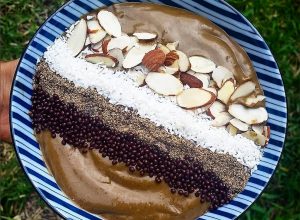 9. Chia Seeds and Weight Loss
9. Chia Seeds and Weight Loss
Although many health experts claim that chia seeds can help with weight loss, when it comes to the science chia seeds and weight loss has turned back poor results. All I could find was a study in 2009 that showed no effect on BMI or weight. But I think that although there isn’t any direct evidence to say they contribute to weight loss directly, but included in an every day healthy diet, I don’t see how they wouldn’t help.
They have high protein and fiber levels that help you feel fuller for longer, and with all the other nutritional benefits I can only see they make the perfect ingredient for a healthy guilt free pudding.
10. Chia Seeds and Hypertension
Chia seeds for heart healthStudies have shown that chia can help regulate peptides and hormones that regulate hypertension, aka blood pressure. Again, not a lot of research but a little to suggest some overall benefits.
And as we just mentioned, the study with type 2 diabetics showed the group taking chia seeds had a reduction in systolic blood pressure (SBP) by 6.3 mmHg, so you could only suppose that if more studies were done, then we’d likely hear more about the benefits for hypertension.
11. Chia Seeds and Cancer
There isn’t loads of evidence around cancer either, but there is enough to convince me it could be of great benefit.
A study published in the Journal of Molecular Biochemistry“analyzed the effect of the essential fatty acid, alpha linolenic acid (ALA) on nitric oxide release as well as induction of lipid peroxidation in breast and cervical cancer cell lines”.
What they found was that: “ALA regulated the growth of cancer cell lines through induction of lipid peroxidation and modulation of nitric oxide release resulting in apoptosis”.
Apoptosis means cell death, so the extra ALA from the chia seeds killed the cancer cells, which I’d say is pretty darn amazing.
12. Chia Seeds Can Improve Public Health
Studies have looked at including chia seed flour, which is essentially just ground chia seed, into breads. What one study did was remove the hydrogenated oils and replaced them with chia seeds or chia flour, and it resulted in a 24-27% decrease in horrible inflammatory saturated fat content from hydrogenated oil.
The researchers state that: “These new formulations might be used on an industrial scale to prepare products that could contribute to reducing the intake of saturated fatty acids and increasing that of essential fatty acids, such as ?-3 fatty acid.”
So hopefully we’ll start seeing more breads like these on the shelf, which could potentially improve population health as a whole.
13. Improves Major and Emerging Cardiovascular Risk Factors
As we showed earlier, the 2007 randomized control trial showed reduced systolic blood pressure and a reduction in hs-CRP of 40%. CRP is an inflammatory molecule that’s often seen in the early stages of cardiovascular disease, so a CRP reduction indicates major improvements for cardiovascular risk factors.
Another study in the Journal of Nutrition showed a reduction in serum triglyceride levels, and again a reduction in serum CRP, that pesky inflammatory molecule. So while we can’t say it really prevents or cures heart disease, we can definitely say it can provide benefits.
So that’s some of the powerful health benefits of chia seeds, pretty awesome hey!
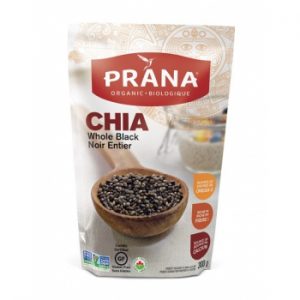 Where To Buy Chia Seeds
Where To Buy Chia Seeds
Because of the popularity of chia seeds as a ‘superfood’, you can virtually buy them anywhere these days.
You can get chia seeds as both white chia and black chia. Look in the health food section of your local supermarket, check out your local health food store, or buy them online from somewhere like Amazon.
How To Use Chia Seeds
 chia seeds can be used for all sorts of things from:
chia seeds can be used for all sorts of things from:
1- As a safe egg substitute –, “to substitute for an egg: Use 1 tablespoon finely ground chia seeds and 3 tablespoons of water per egg in a baked recipe”.
2- To make healthy pudding
3- To thicken soup or gravies – try grinding the chia seeds in a mortar and pestle, and use the powder to thicken soups, sauces, and gravies.
4- To thicken meatballs instead of breadcrumbs – just throw in a couple of tablespoons per pound of meat.
How to Soak Chia Seeds
One way chia seeds are commonly used is to soak them first.
Soak chia in liquid
“To soak chia seeds, simply mix them in a 1:10 ratio chia to water. That’s about 1.5 tablespoons chia seeds in one cup of water. It does not have to be exact, but you do want it to gel all the way and not be too watery. Then let them sit for about 30 minutes to 2 hours.
Since chia seeds can hold up to 12 times its weight in water, they are wonderful to prevent dehydration. However, if you choose not to soak them, then they can also absorb water from you during digestion. So make sure to drink plenty of water throughout the day to keep your body hydrated”.
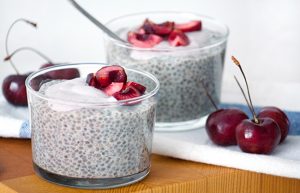 You can soak them in coconut milk or almond milk with cinnamon and spices for a delicious chia pudding. Essentially you can use any liquid in the above ratios and the chia will soak up great.
You can soak them in coconut milk or almond milk with cinnamon and spices for a delicious chia pudding. Essentially you can use any liquid in the above ratios and the chia will soak up great.
So there you have it, as you can see chia really does have lots of great health benefits so I hope this convinces you to include chia seed superfood in your diet on a regular basis and gives you lots of chia inspiration too.
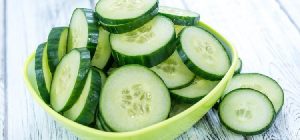
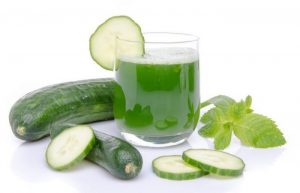 Inflammation: Cucumber can help eliminate inflammation in joints. This means it also help other inflamed conditions like arthritis, asthma, and gout. 1 Liter per day of this tonic, will help you achieve relief within just a few days.
Inflammation: Cucumber can help eliminate inflammation in joints. This means it also help other inflamed conditions like arthritis, asthma, and gout. 1 Liter per day of this tonic, will help you achieve relief within just a few days.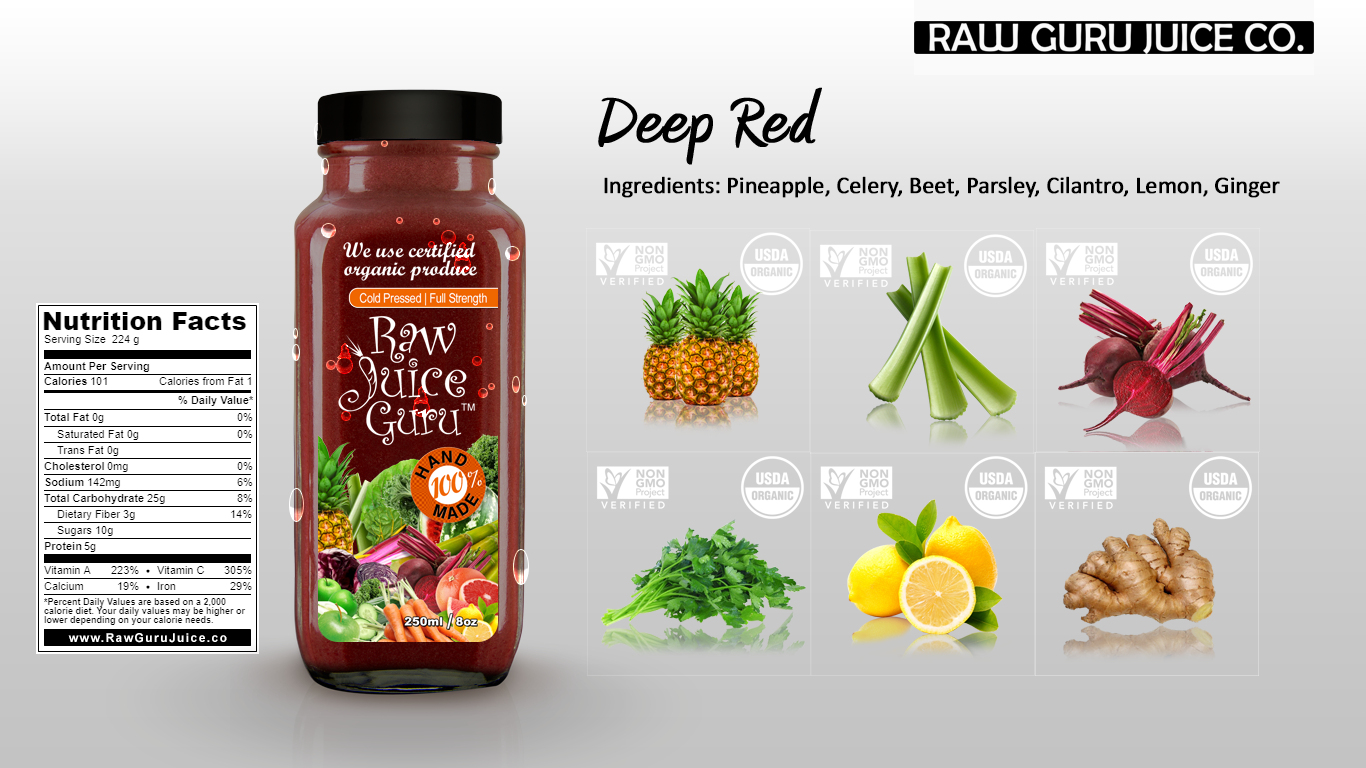

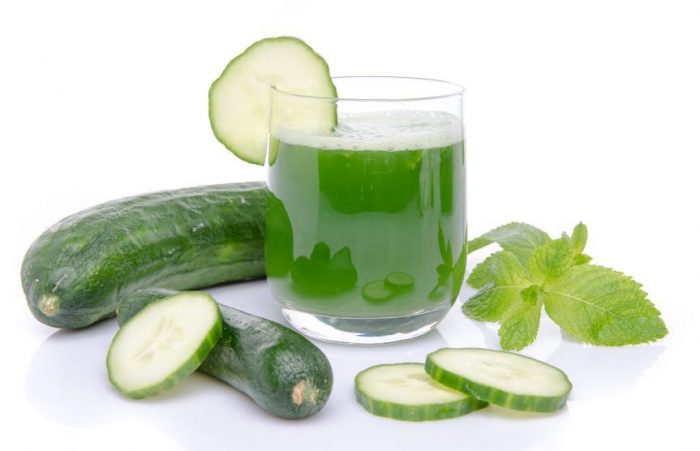

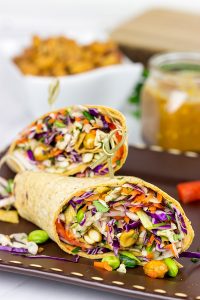
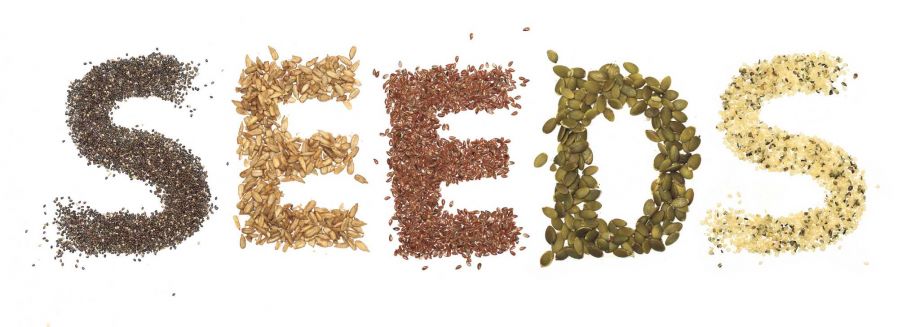
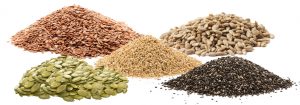 Seeds contain nutrients for new plant life, and are packed with nutrients. Frequently categorized as super foods. Most seeds are rich in minerals and fibre and good for health and weight management. Health professionals recommend eating seeds as part of a varied diet.
Seeds contain nutrients for new plant life, and are packed with nutrients. Frequently categorized as super foods. Most seeds are rich in minerals and fibre and good for health and weight management. Health professionals recommend eating seeds as part of a varied diet.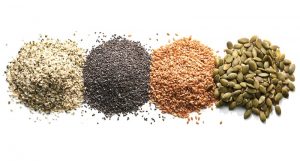 SESAME seeds are high in nutrients and beneficial minerals such as calcium, copper, iron, magnesium, manganese, phosphorus, vitamin B1 and zinc. Sesame seeds contain anti-inflammatory and antioxidants and cholesterol lowering properties. Helps prevent high blood pressure, colon cancer, and reduces the symptoms of PMS and migraines, and helps maintain bone density.
SESAME seeds are high in nutrients and beneficial minerals such as calcium, copper, iron, magnesium, manganese, phosphorus, vitamin B1 and zinc. Sesame seeds contain anti-inflammatory and antioxidants and cholesterol lowering properties. Helps prevent high blood pressure, colon cancer, and reduces the symptoms of PMS and migraines, and helps maintain bone density.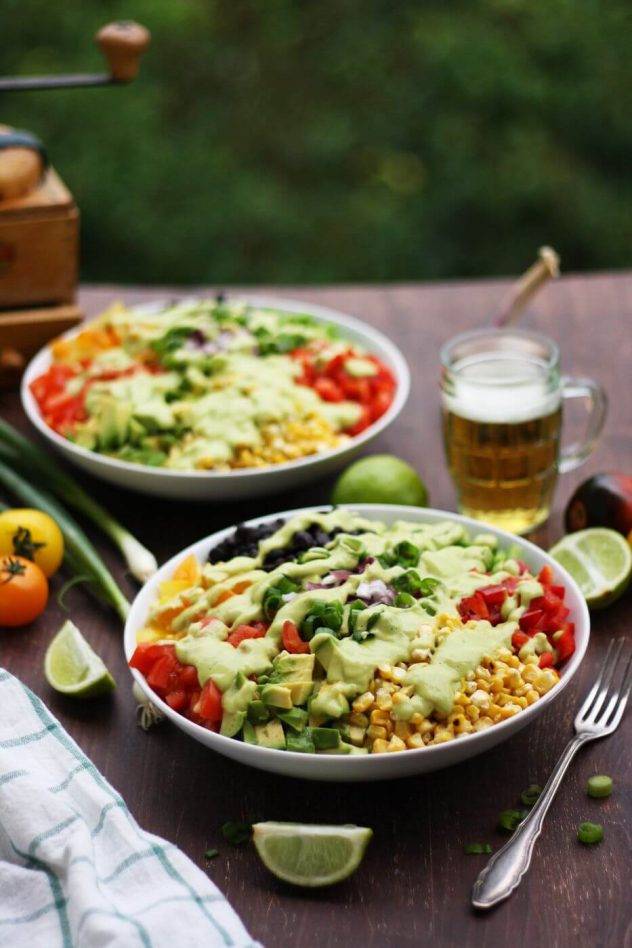
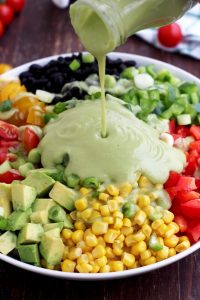
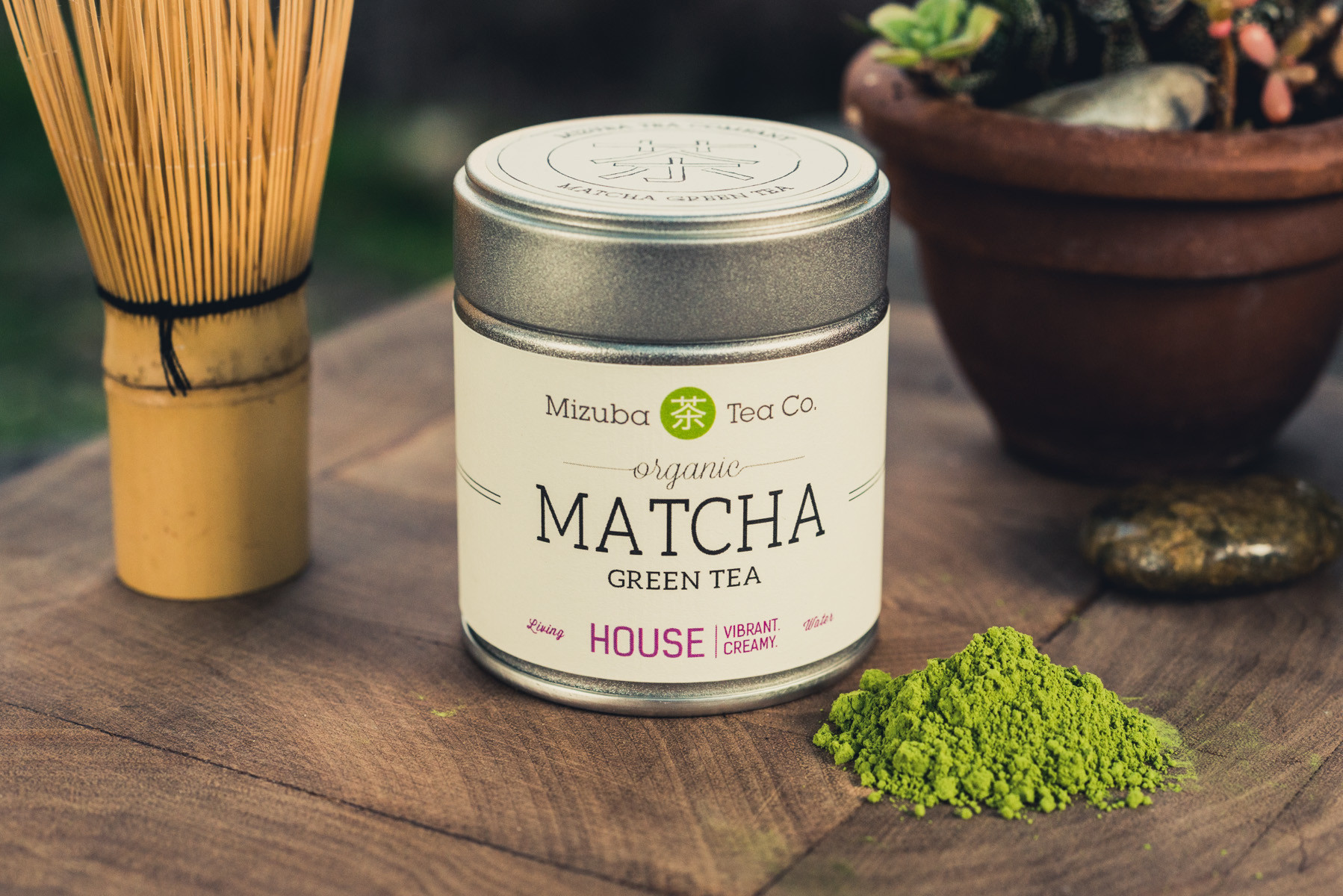
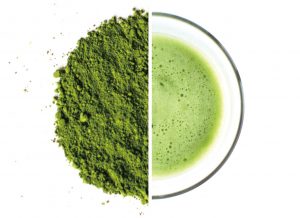 Amongst its many health benefits, matcha…
Amongst its many health benefits, matcha…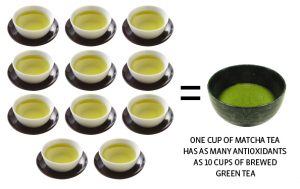 5) Calms the mind and relaxes the body. L-Theanine (amino acid found in matcha) promotes the production of alpha waves in the brain which induces relaxation without the inherent drowsiness caused by other “downers.”
5) Calms the mind and relaxes the body. L-Theanine (amino acid found in matcha) promotes the production of alpha waves in the brain which induces relaxation without the inherent drowsiness caused by other “downers.”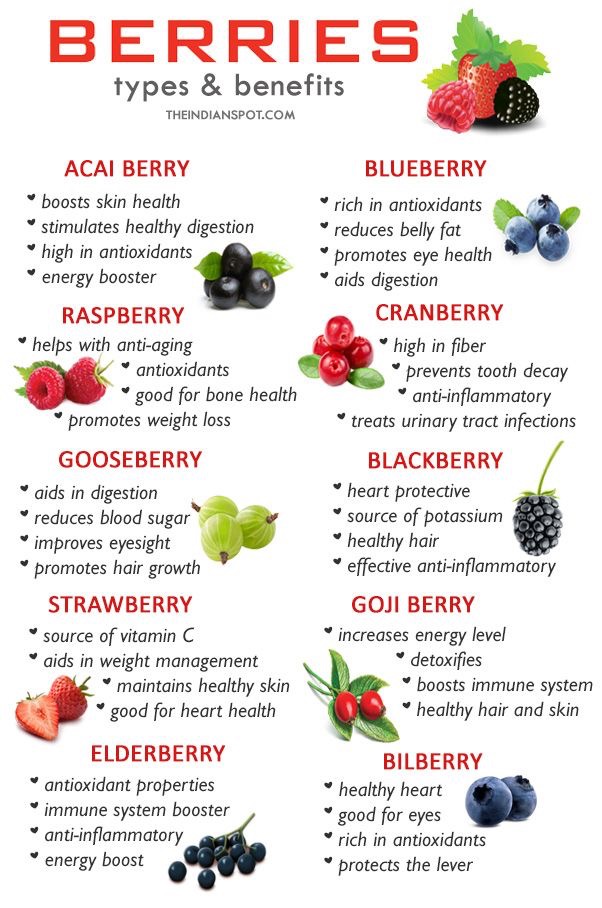
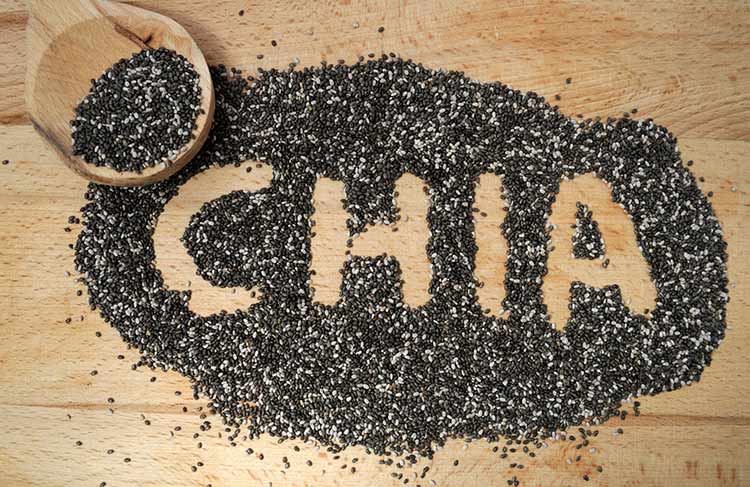
 What Is Chia?
What Is Chia? 2. Chia seeds are full of healthy fats.
2. Chia seeds are full of healthy fats. 6. Chia Seeds For Constipation
6. Chia Seeds For Constipation 9. Chia Seeds and Weight Loss
9. Chia Seeds and Weight Loss Where To Buy Chia Seeds
Where To Buy Chia Seeds chia seeds can be used for all sorts of things from:
chia seeds can be used for all sorts of things from: You can soak them in coconut milk or almond milk with cinnamon and spices for a delicious chia pudding. Essentially you can use any liquid in the above ratios and the chia will soak up great.
You can soak them in coconut milk or almond milk with cinnamon and spices for a delicious chia pudding. Essentially you can use any liquid in the above ratios and the chia will soak up great.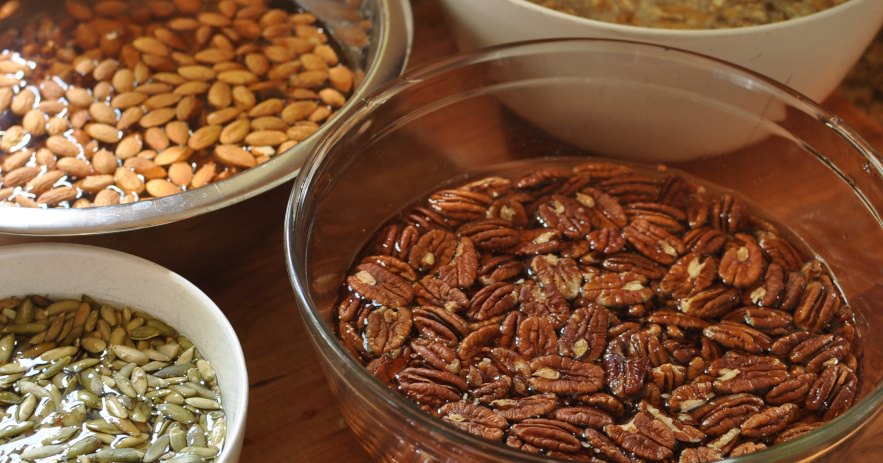
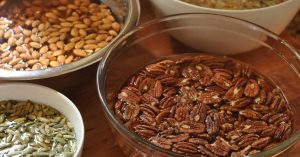 Ten reasons why we should all Soak Nuts & Seeds…
Ten reasons why we should all Soak Nuts & Seeds…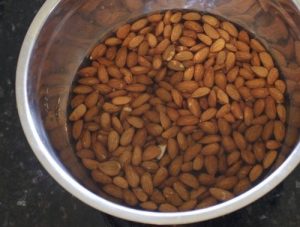 5. Increases vitamins absorption, especially B vitamins.
5. Increases vitamins absorption, especially B vitamins.

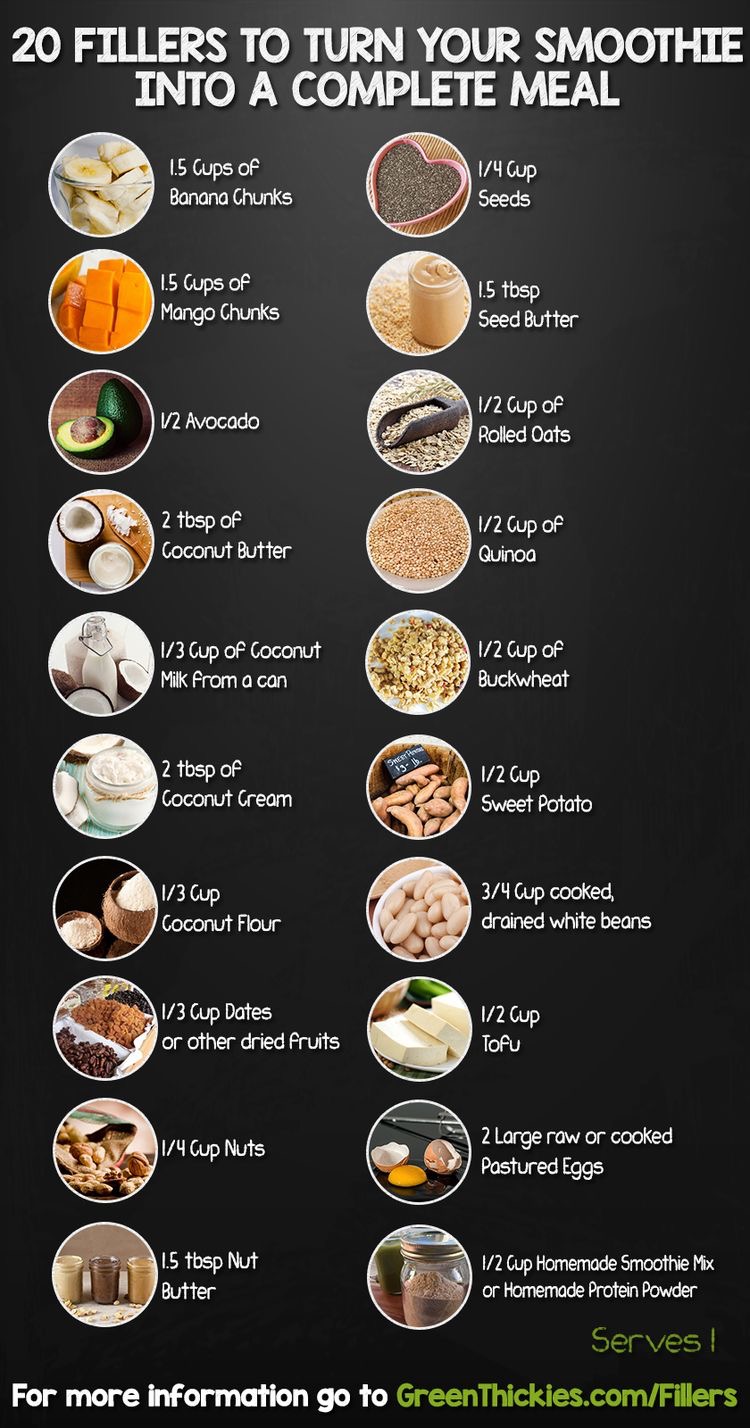
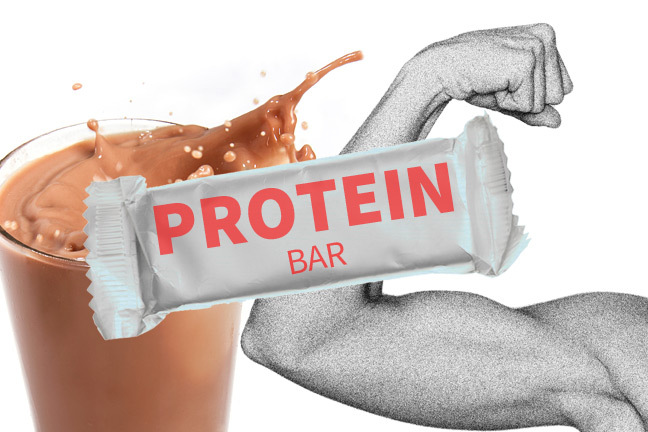
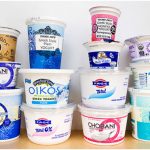 Greek yogurt has more protein than regular yogurt and it’s successfully marketed toward women, men, and even children (though the fact that it’s Greek yogurt–not just yogurt with “2X the protein”–isn’t obvious at first glance). dairy product—as a source of protein is a bad idea. Talk about draining your Energy in an attempt to build a better, more toned body. Doing so will have adverse affects for your digestion (like cause inflammation of your body) and imbalance your whole body, which is an interconnected system. In the end you won’t get the lasting, excellent results of what you were going for.
Greek yogurt has more protein than regular yogurt and it’s successfully marketed toward women, men, and even children (though the fact that it’s Greek yogurt–not just yogurt with “2X the protein”–isn’t obvious at first glance). dairy product—as a source of protein is a bad idea. Talk about draining your Energy in an attempt to build a better, more toned body. Doing so will have adverse affects for your digestion (like cause inflammation of your body) and imbalance your whole body, which is an interconnected system. In the end you won’t get the lasting, excellent results of what you were going for.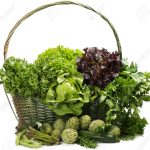 If you’re following a lifestyle that has a variety of fruits, vegetables, seeds, nuts, and whole grains, you don’t really need the extra grams of protein to have a lean body or to feel full, and you definitely don’t need the types they’re usually offering. According to the Academy of Nutrition and Dietetics, “eating a good variety of plant-based protein throughout the day will provide all of the essential amino acids your body needs.” The added protein in these could actually have negative effects on your health- including leave acidic residue that ages and weighs down your body and digestion.
If you’re following a lifestyle that has a variety of fruits, vegetables, seeds, nuts, and whole grains, you don’t really need the extra grams of protein to have a lean body or to feel full, and you definitely don’t need the types they’re usually offering. According to the Academy of Nutrition and Dietetics, “eating a good variety of plant-based protein throughout the day will provide all of the essential amino acids your body needs.” The added protein in these could actually have negative effects on your health- including leave acidic residue that ages and weighs down your body and digestion.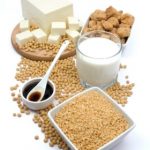 Soy protein is plant-based, yes, but it’s still far from good. Soy is one of the top allergenic foods in the country and tends to be heavily sprayed with pesticides. Not only that, but most soy in the United States is genetically modified, which devastates any level of nutrients the soy may have had in the first place. Soy contains trypsin inhibitors which make it harder for you to digest protein and reduce amino acid uptake. The phytic acid found in soy prevents your body from absorbing minerals, and the phytoestrogens can cause hormonal problems. Soy protein isolate products are highly processed, and I consider them a disaster. Sorry to be harsh, but I simply am with this stuff. I care too much. By consuming packaged products that contain it, you’re wreaking havoc on your body.
Soy protein is plant-based, yes, but it’s still far from good. Soy is one of the top allergenic foods in the country and tends to be heavily sprayed with pesticides. Not only that, but most soy in the United States is genetically modified, which devastates any level of nutrients the soy may have had in the first place. Soy contains trypsin inhibitors which make it harder for you to digest protein and reduce amino acid uptake. The phytic acid found in soy prevents your body from absorbing minerals, and the phytoestrogens can cause hormonal problems. Soy protein isolate products are highly processed, and I consider them a disaster. Sorry to be harsh, but I simply am with this stuff. I care too much. By consuming packaged products that contain it, you’re wreaking havoc on your body. 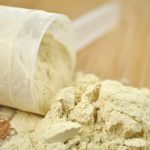 Too much protein, especially when that amount includes animal and dairy protein, is also extremely acidic and has an aging effect on the body. This is what I see people time and time again not really understanding…you don’t have to overeat any one macronutrient to look good! In fact, it has quite a detrimental effect. I see lots of people that look older than their chronological age, and I know it doesn’t have to be that way. Balance is the key. And it can be reversed, in many cases, when you change your diet. I’ve seen people’s skin and bodies become soft and healthy.
Too much protein, especially when that amount includes animal and dairy protein, is also extremely acidic and has an aging effect on the body. This is what I see people time and time again not really understanding…you don’t have to overeat any one macronutrient to look good! In fact, it has quite a detrimental effect. I see lots of people that look older than their chronological age, and I know it doesn’t have to be that way. Balance is the key. And it can be reversed, in many cases, when you change your diet. I’ve seen people’s skin and bodies become soft and healthy. 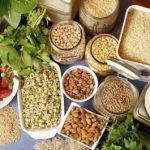 When you eat a balanced, whole-food diet, there’s no need to succumb to the marketing hype regarding high-protein foods, especially not when the protein comes from processed, highly refined soy or dairy and is delivered via processed foods. Stop eating that crap.
When you eat a balanced, whole-food diet, there’s no need to succumb to the marketing hype regarding high-protein foods, especially not when the protein comes from processed, highly refined soy or dairy and is delivered via processed foods. Stop eating that crap. 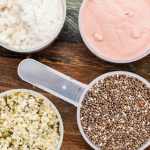 -Hemp seeds: averaging 11 grams of protein per three tablespoons, you’ll get an omega-6 called gamma-linoleic acid (GLA), which promotes a healthy metabolism, burns fat, and helps you get that toned, beautiful body most people are after when they consume products that advertise extra protein. Hemp seeds also balance the hormones, promote healthy skin, hair and nails, and act as an anti-inflammatory.
-Hemp seeds: averaging 11 grams of protein per three tablespoons, you’ll get an omega-6 called gamma-linoleic acid (GLA), which promotes a healthy metabolism, burns fat, and helps you get that toned, beautiful body most people are after when they consume products that advertise extra protein. Hemp seeds also balance the hormones, promote healthy skin, hair and nails, and act as an anti-inflammatory.  Don’t fall for the hype. Leave those chalky and acid-forming products on the shelf and enjoy a delicious diet of real food, filled with just the right amount of protein that nature intended.
Don’t fall for the hype. Leave those chalky and acid-forming products on the shelf and enjoy a delicious diet of real food, filled with just the right amount of protein that nature intended.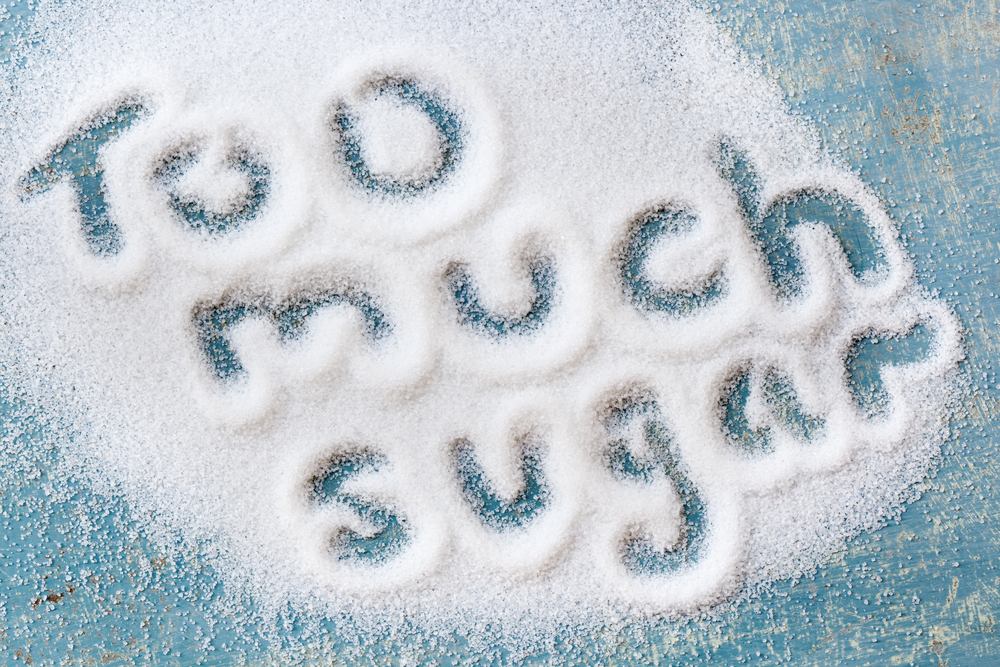
 Everybody loves the sweet taste of sugar. However, life is unfair, so sugar, especially in high amounts, is extremely bad for one’s overall health. When you read the ways sugar can affect your health, it is most likely that you won’t look at it the same way – although its taste will always remain delicious.Here are 7 indicators that will help you realize if your sugar intake has gone overboard, and that it’s time to take better control of it:
Everybody loves the sweet taste of sugar. However, life is unfair, so sugar, especially in high amounts, is extremely bad for one’s overall health. When you read the ways sugar can affect your health, it is most likely that you won’t look at it the same way – although its taste will always remain delicious.Here are 7 indicators that will help you realize if your sugar intake has gone overboard, and that it’s time to take better control of it: 3. Frequent Colds and Flu
3. Frequent Colds and Flu 7. Weight Gain
7. Weight Gain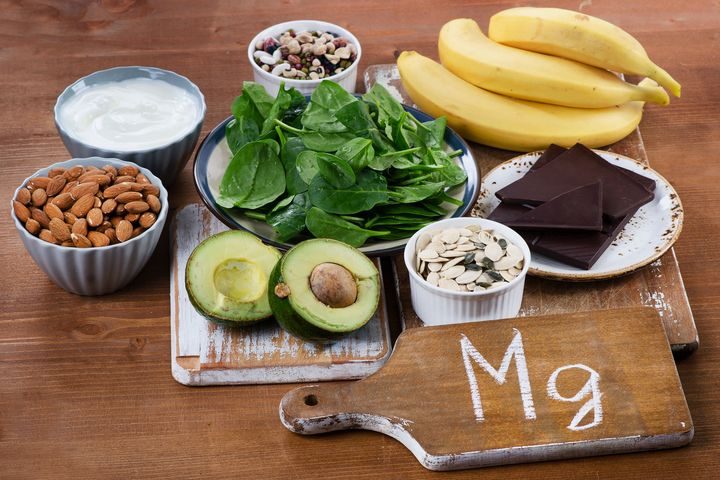
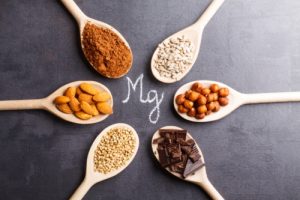 Magnesium deficiency is widespread and the use of magnesium oil can restore healthy magnesium levels in your body. Dr. Sircus, a leading magnesium researcher and author of Transdermal Magnesium Therapy, says:
Magnesium deficiency is widespread and the use of magnesium oil can restore healthy magnesium levels in your body. Dr. Sircus, a leading magnesium researcher and author of Transdermal Magnesium Therapy, says: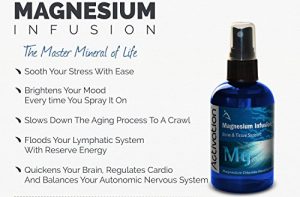 These are just some of the vital roles magnesium plays in the body:
These are just some of the vital roles magnesium plays in the body: How can you benefit by using magnesium oil? These are a few of the ways magnesium oil therapy works to improve symptoms by reducing the magnesium deficiency in your body:
How can you benefit by using magnesium oil? These are a few of the ways magnesium oil therapy works to improve symptoms by reducing the magnesium deficiency in your body: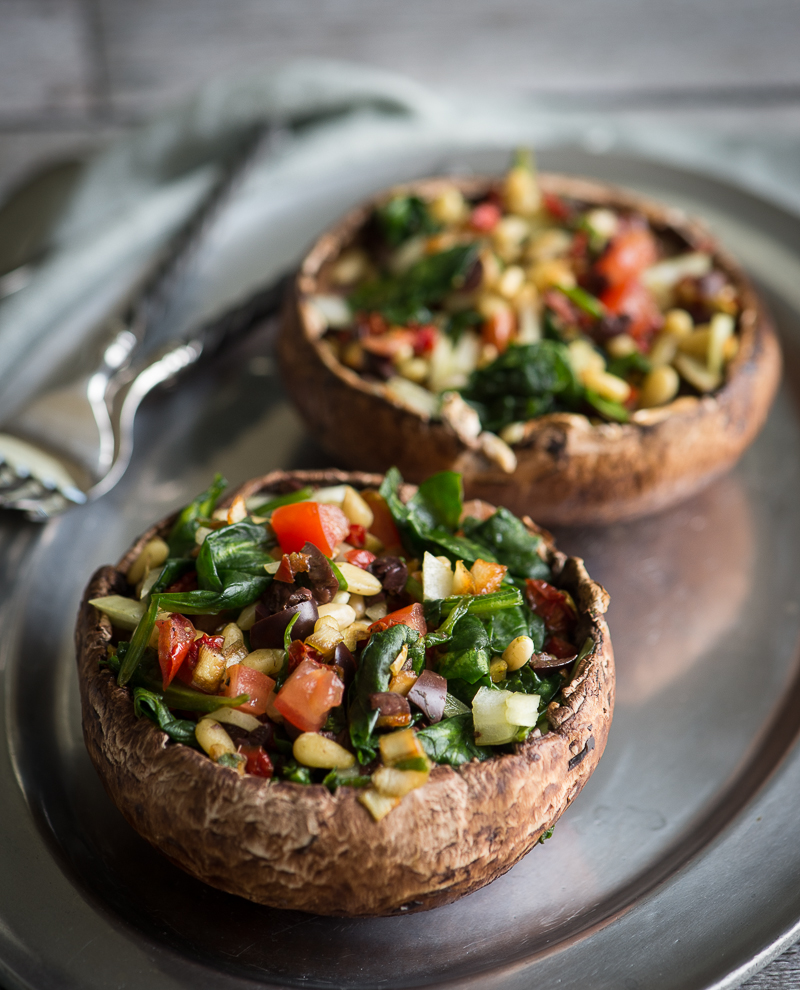
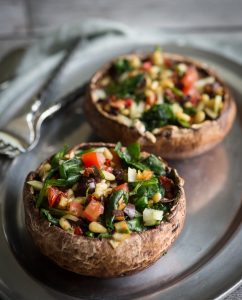 The raw vegan recipe was born for all our clients who ask “how did you make that” when they get their
The raw vegan recipe was born for all our clients who ask “how did you make that” when they get their 
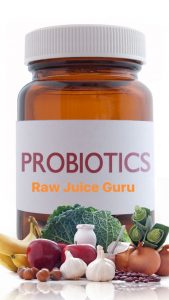 Until a couple of years ago, my understanding of the bacteria that live in our digestive systems could be summed up in two sentences – “If you take antibiotics they’ll kill some of the good bacteria along with the bad and you’ll get diarrhea. So eat some probiotic foods, like yogurt, to restore the good bacteria.”
Until a couple of years ago, my understanding of the bacteria that live in our digestive systems could be summed up in two sentences – “If you take antibiotics they’ll kill some of the good bacteria along with the bad and you’ll get diarrhea. So eat some probiotic foods, like yogurt, to restore the good bacteria.”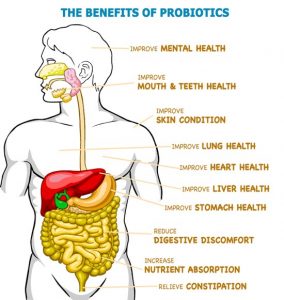 Here are five:
Here are five: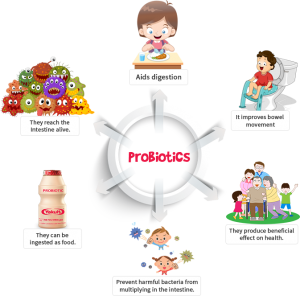 Here are five things we can do:
Here are five things we can do: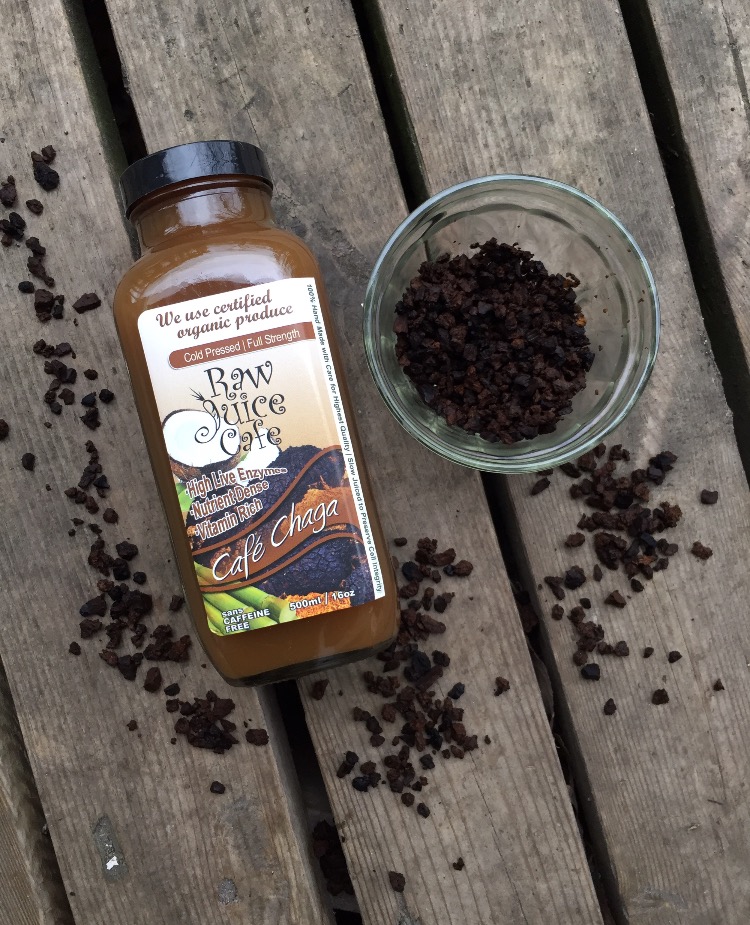
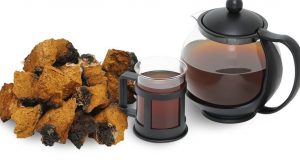 Replace your coffee with our cafe chaga
Replace your coffee with our cafe chaga 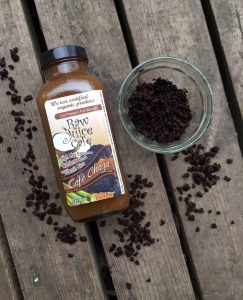 Benefits of Chaga:
Benefits of Chaga: 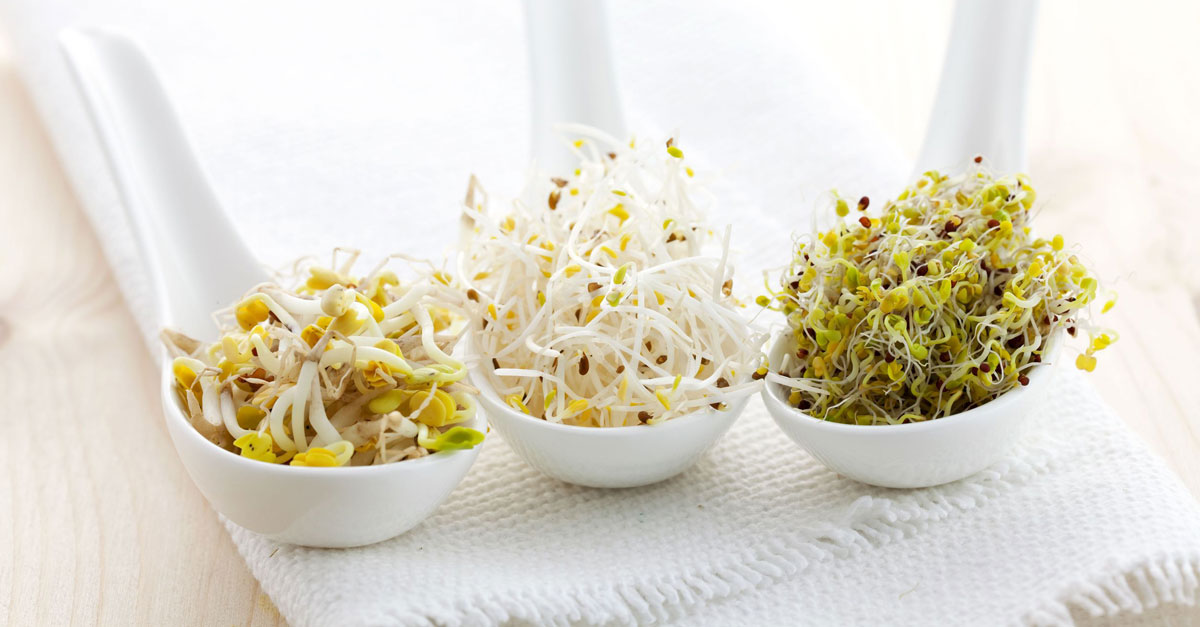
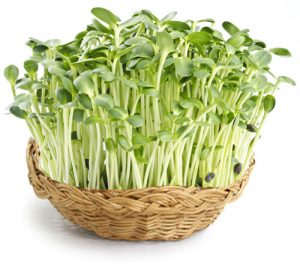 Why we love to add sprouts to our
Why we love to add sprouts to our 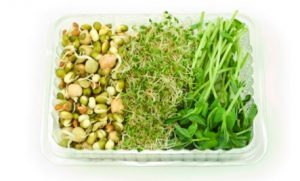 4. Vitamin content increases dramatically. This is especially true of vitamins A, B-complex, C, and E. The vitamin content of some seeds, grains, beans, or nuts increases by up to 20 times the original value within only a few days of sprouting.
4. Vitamin content increases dramatically. This is especially true of vitamins A, B-complex, C, and E. The vitamin content of some seeds, grains, beans, or nuts increases by up to 20 times the original value within only a few days of sprouting. 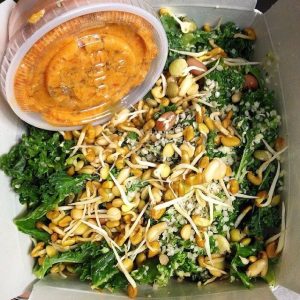 10. Sprouts are inexpensive. People frequently use the cost of healthy foods as an excuse for not eating healthy. But, with sprouts being so cheap, there really is no excuse for not eating healthier.
10. Sprouts are inexpensive. People frequently use the cost of healthy foods as an excuse for not eating healthy. But, with sprouts being so cheap, there really is no excuse for not eating healthier.
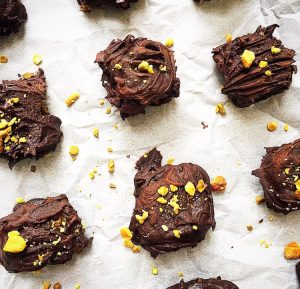 With only 8
With only 8 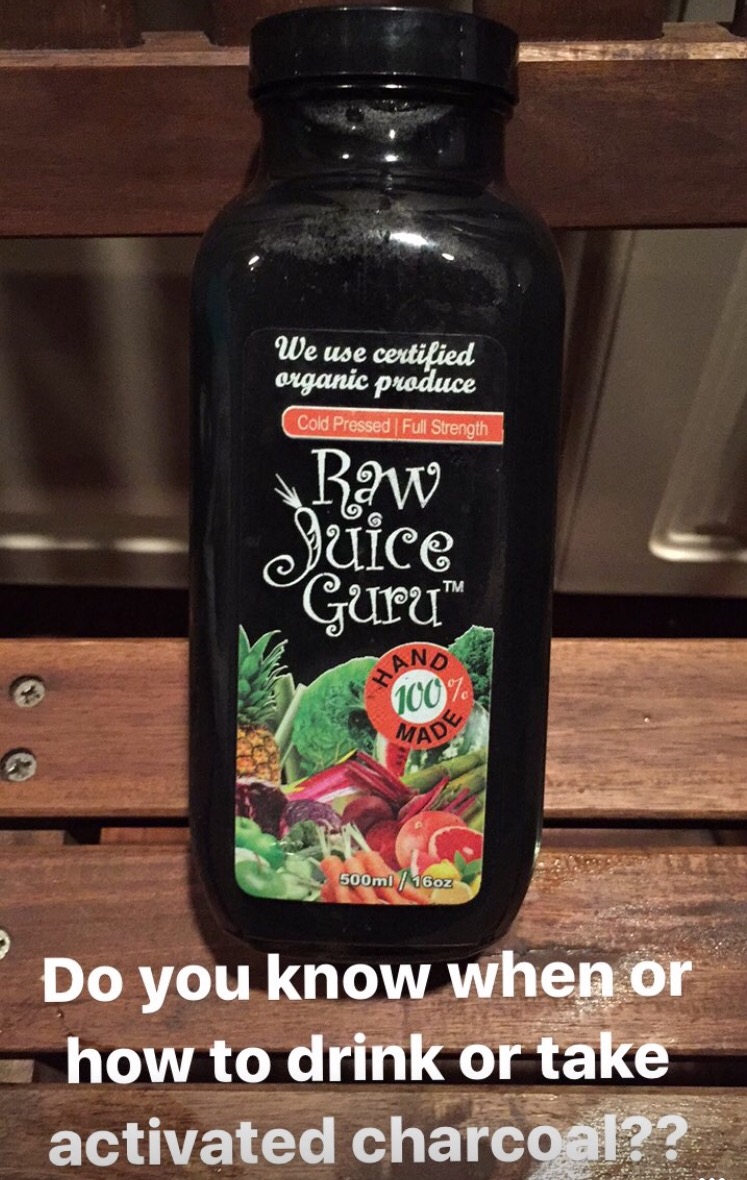
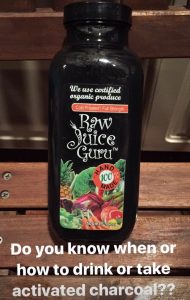 What is Activated Charcoal
What is Activated Charcoal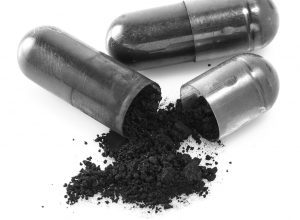 How to Use Activated Charcoal
How to Use Activated Charcoal 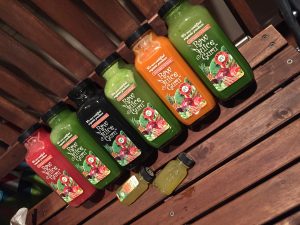 Activated charcoal should be taken at least 2 hours before eating with a big glass of
Activated charcoal should be taken at least 2 hours before eating with a big glass of 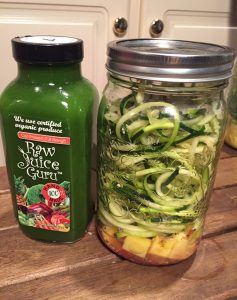 This amazing juice is packed with chlorophyll, antioxidants, minerals and nutrient dense greens! The celery helps to infuse the body with magnesium and calcium to help soothe the nervous system and prepare the body for rest. Parsley and cucumber boost our immune system by flooding our body with nutrient dense chlorophyll, while ginger aids in digestive fire, helping to alleviate any stomach or intestinal issues.
This amazing juice is packed with chlorophyll, antioxidants, minerals and nutrient dense greens! The celery helps to infuse the body with magnesium and calcium to help soothe the nervous system and prepare the body for rest. Parsley and cucumber boost our immune system by flooding our body with nutrient dense chlorophyll, while ginger aids in digestive fire, helping to alleviate any stomach or intestinal issues. 
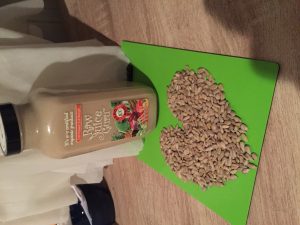 BENEFITS OF SUNFLOWER SEEDS
BENEFITS OF SUNFLOWER SEEDS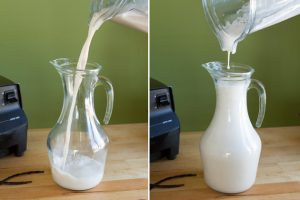
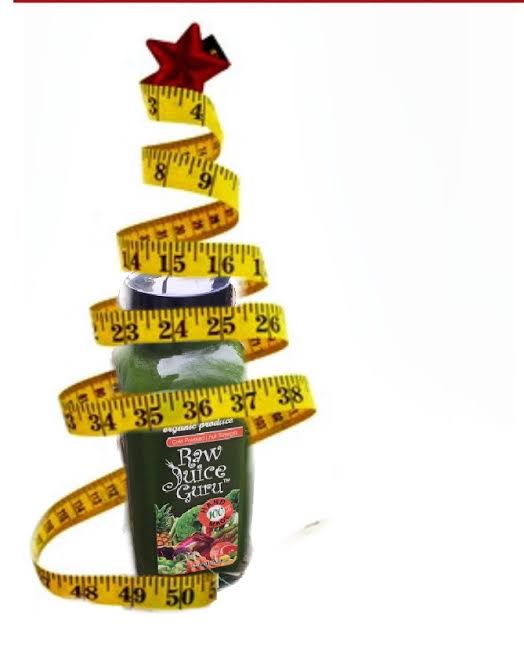
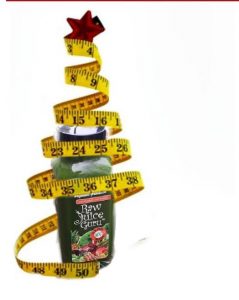 Why Cleanse?
Why Cleanse?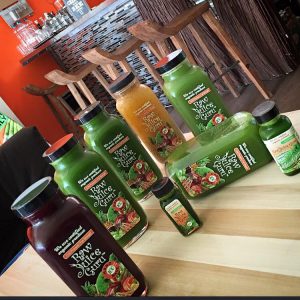 10 Reasons to do a Tailored
10 Reasons to do a Tailored 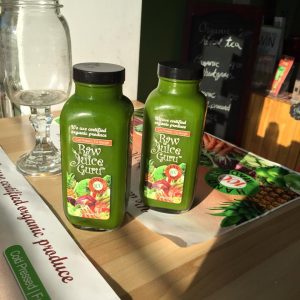 4. Aids in weight loss
4. Aids in weight loss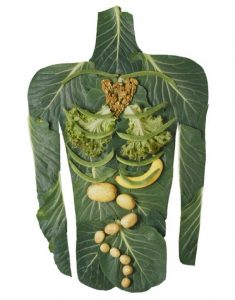 8. Improves digestive health
8. Improves digestive health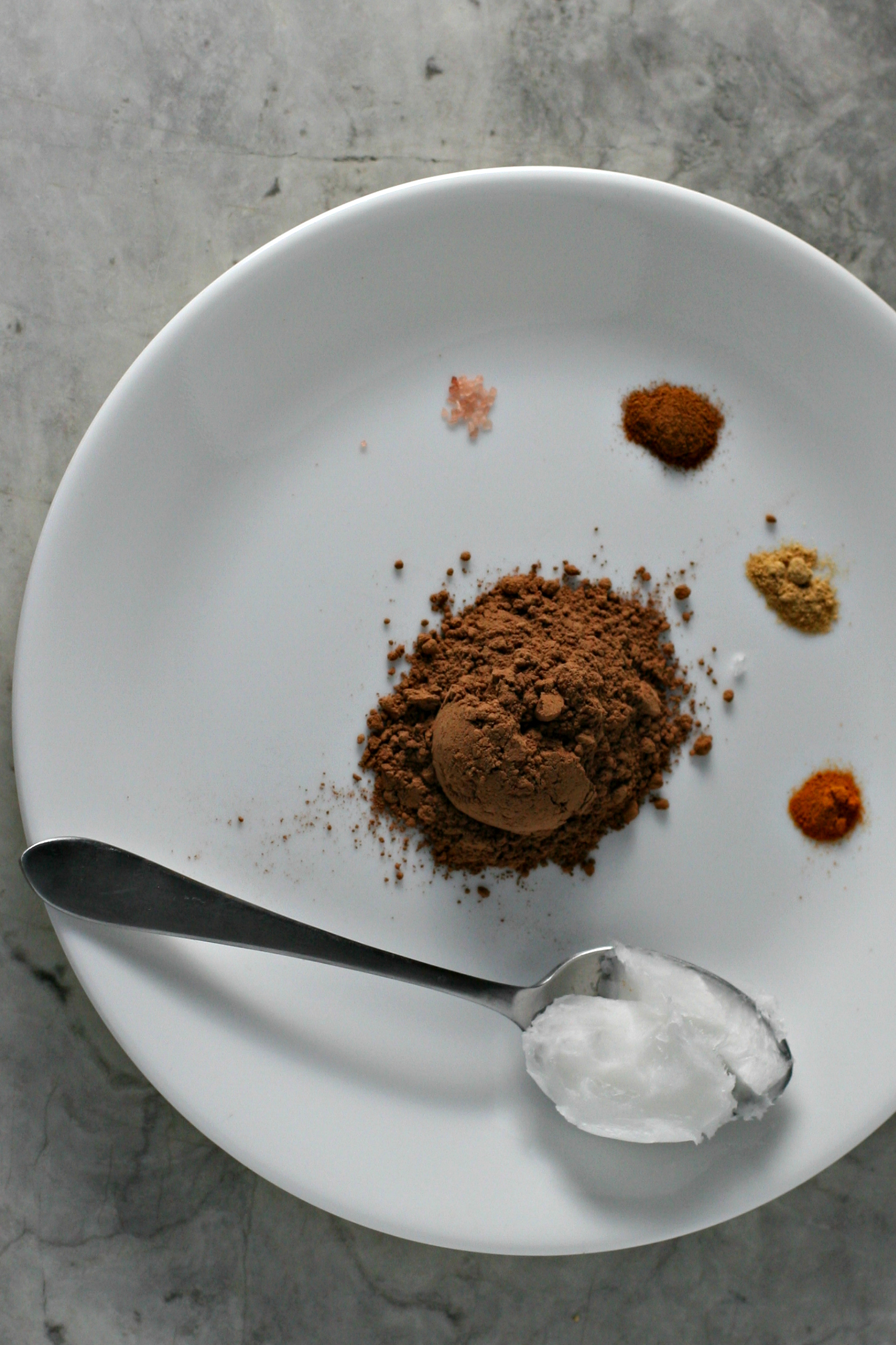
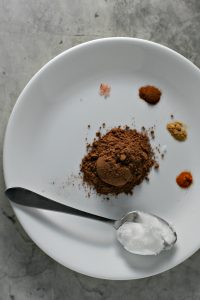 Not only are we using raw cacao powder not to be confused with cocoa powder which is processed. We also added ginger, cinnamon, turmeric and coconut oil, which are all immune boosting and anti-inflammatory
Not only are we using raw cacao powder not to be confused with cocoa powder which is processed. We also added ginger, cinnamon, turmeric and coconut oil, which are all immune boosting and anti-inflammatory  Ingredients:
Ingredients: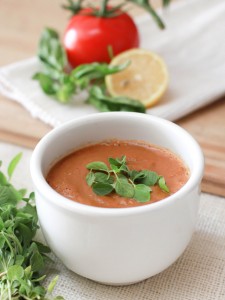
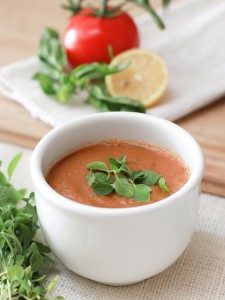 Looks tasty, right?! I actually like to call this Superfood Soup because the health benefits of this soup are HUGE!! First, it is completely raw, meaning it has not been cooked. Thus preserving the enzymes.
Looks tasty, right?! I actually like to call this Superfood Soup because the health benefits of this soup are HUGE!! First, it is completely raw, meaning it has not been cooked. Thus preserving the enzymes.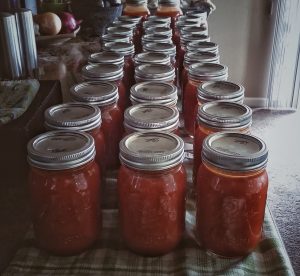 Third, we’ve got celery which is rich in vitamin C, helps to lower cholesterol, prevent cancer, reduce high blood pressure, and promote overall health. Because of it’s high calcium content, celery can help calm the nerves. Celery is also good for people suffering from arthritis, rheumatism and gout since its anti-inflammatory properties help reduce swelling and pain around the joints.
Third, we’ve got celery which is rich in vitamin C, helps to lower cholesterol, prevent cancer, reduce high blood pressure, and promote overall health. Because of it’s high calcium content, celery can help calm the nerves. Celery is also good for people suffering from arthritis, rheumatism and gout since its anti-inflammatory properties help reduce swelling and pain around the joints.
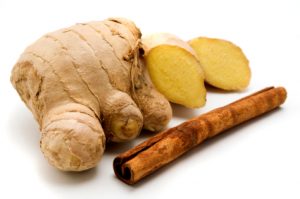 For years, people have recommended drinking ginger ale when sick to help reduce nausea, and throughout history ginger root has been coveted as a powerful medicinal spice. While there are several ways to prepare and eat ginger, my favorite way to experience the benefits of this spice is by making ginger tea with cinnamon.
For years, people have recommended drinking ginger ale when sick to help reduce nausea, and throughout history ginger root has been coveted as a powerful medicinal spice. While there are several ways to prepare and eat ginger, my favorite way to experience the benefits of this spice is by making ginger tea with cinnamon.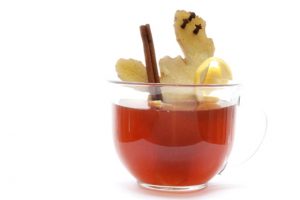 Making ginger tea at home is very easy. And it can be stored in refrigerator for 2 weeks.
Making ginger tea at home is very easy. And it can be stored in refrigerator for 2 weeks.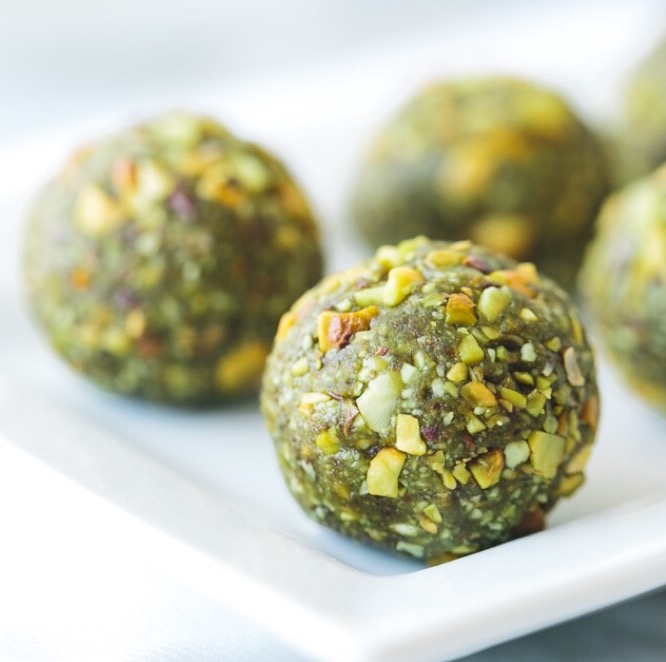
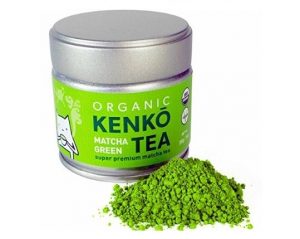 Health benefits of matcha:
Health benefits of matcha: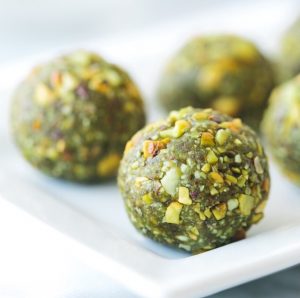 These energy bites Made from matcha green tea are delicious. They are refined sugar free and the perfect sweet, healthy snack. One or two will satisfy your hunger and sweet tooth. They are the perfect treat.
These energy bites Made from matcha green tea are delicious. They are refined sugar free and the perfect sweet, healthy snack. One or two will satisfy your hunger and sweet tooth. They are the perfect treat.

 5. Eat more fibre (fruit and vegetables are a great source of this!) as this helps your bowel movements to happen regularly: You should poop at least once a day, ideally up to three times a day.
5. Eat more fibre (fruit and vegetables are a great source of this!) as this helps your bowel movements to happen regularly: You should poop at least once a day, ideally up to three times a day.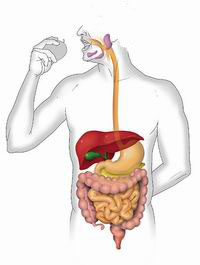 13. Avoid using laxatives: Your body becomes reliant on them and they are habit forming. Instead, try these 7 Ways to Heal Constipation Naturally.
13. Avoid using laxatives: Your body becomes reliant on them and they are habit forming. Instead, try these 7 Ways to Heal Constipation Naturally.
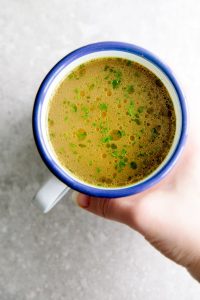 Apparently, animal products are absolutely essential for gut healing, which I find very hard to believe or understand. After searching forums, all I can find is people frustrated with the lack of choice for veggies and vegans and people encouraging them to compromise their ethics, as this is “the only way”.
Apparently, animal products are absolutely essential for gut healing, which I find very hard to believe or understand. After searching forums, all I can find is people frustrated with the lack of choice for veggies and vegans and people encouraging them to compromise their ethics, as this is “the only way”.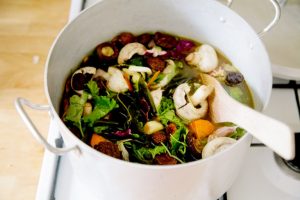 Gut-Healing Vegetable Broth And Why It’s Better Than Bone Broth a Plant-Based Option Works The Same If Not Better
Gut-Healing Vegetable Broth And Why It’s Better Than Bone Broth a Plant-Based Option Works The Same If Not Better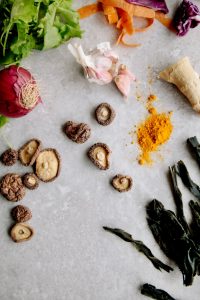 A nutritious, gut-healing broth as a vegan alternative to bone broth. If you don’t like or can’t find any ingredients, don’t worry. Add what flavours you like and try to get as much variety and nutritional goodness as you can!
A nutritious, gut-healing broth as a vegan alternative to bone broth. If you don’t like or can’t find any ingredients, don’t worry. Add what flavours you like and try to get as much variety and nutritional goodness as you can!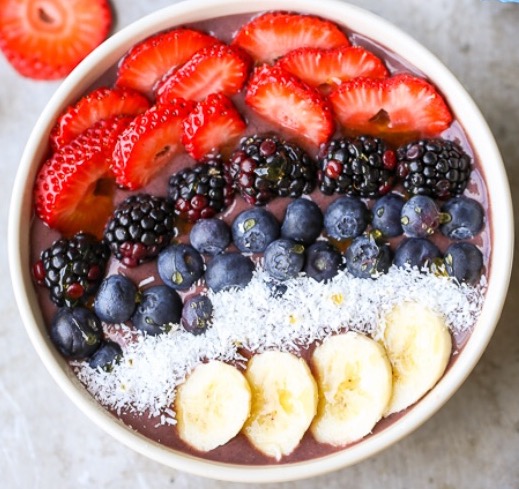
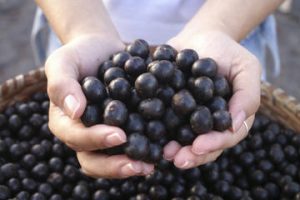 Acai berries are a great source of fiber and healthy fats. They increase energy production in the mitochondria, keep you hydrated, and help your body fight against oxidative stress, as it is said that their antioxidant benefits are higher than most of the other berry fruits, including blueberries.
Acai berries are a great source of fiber and healthy fats. They increase energy production in the mitochondria, keep you hydrated, and help your body fight against oxidative stress, as it is said that their antioxidant benefits are higher than most of the other berry fruits, including blueberries.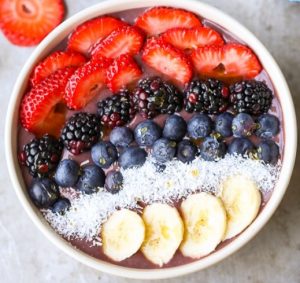 >strong>Instructions
>strong>Instructions The healthy fats in the avocado make these cupcakes as healthy as a bowl of kale and bean soup! OK, maybe not that healthy, but healthy enough to feel good about reaching for more. Each cupcake offers almost five grams of fiber and is just 230 calories. A regulat chocolate cupcake is 600++ calories! So you can indulge and have a second one.
The healthy fats in the avocado make these cupcakes as healthy as a bowl of kale and bean soup! OK, maybe not that healthy, but healthy enough to feel good about reaching for more. Each cupcake offers almost five grams of fiber and is just 230 calories. A regulat chocolate cupcake is 600++ calories! So you can indulge and have a second one. 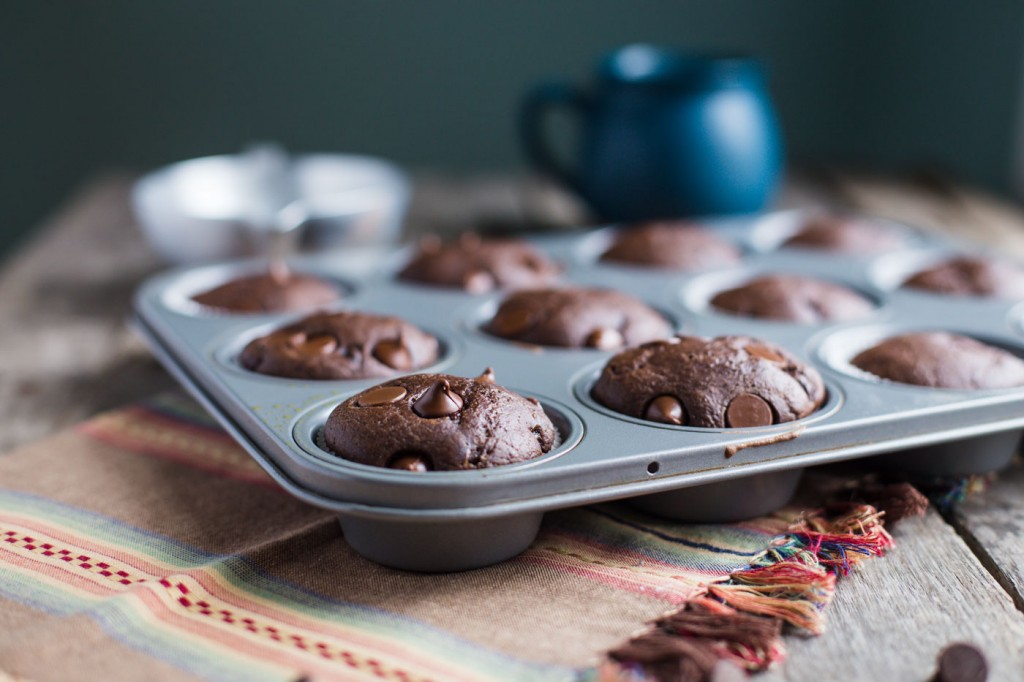
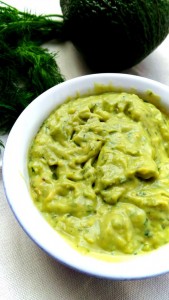 This avocado dill dip can bring a delicious wrap to that next level perfection. It’s perfect for wraps, burritos, tortillas or tacos. It has a very fresh, yet fragrant flavor thanks to our buddy Garlic.
This avocado dill dip can bring a delicious wrap to that next level perfection. It’s perfect for wraps, burritos, tortillas or tacos. It has a very fresh, yet fragrant flavor thanks to our buddy Garlic.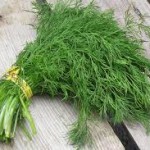 Lemon is highly alkalizing and full of Vitamin C, which is important for the synthesis of collagen – the protein, that holds the skin together and makes it nice and firm.
Lemon is highly alkalizing and full of Vitamin C, which is important for the synthesis of collagen – the protein, that holds the skin together and makes it nice and firm. 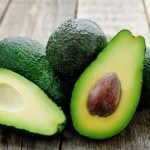 Further the combination of Vitamin C from Lemon with Vitamin E from Avocado increases the antioxidant properties of both vitamins, so evil free radicals have no chance at damaging your skin.
Further the combination of Vitamin C from Lemon with Vitamin E from Avocado increases the antioxidant properties of both vitamins, so evil free radicals have no chance at damaging your skin.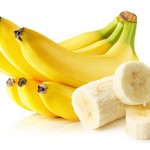 Bananas are one of the most widely eaten fruits in the planet. They are dense in potassium and pectin, a form of fiber, and are also an excellent way to get vitamins C and B6 as well as magnesium. Bananas are packed with antioxidants, which give protection against free radicals. They have several benefits for weight loss, heart health and digestion, and contain many essential nutrients. Besides being extremely nutritious, they are also a convenient snack to bring around.
Bananas are one of the most widely eaten fruits in the planet. They are dense in potassium and pectin, a form of fiber, and are also an excellent way to get vitamins C and B6 as well as magnesium. Bananas are packed with antioxidants, which give protection against free radicals. They have several benefits for weight loss, heart health and digestion, and contain many essential nutrients. Besides being extremely nutritious, they are also a convenient snack to bring around.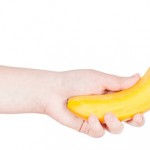

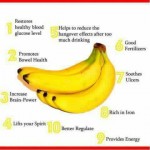
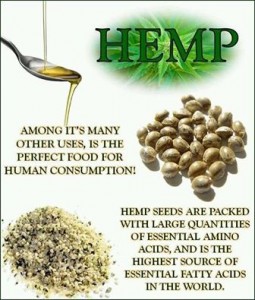 Hemp Seed Nutrition Profile
Hemp Seed Nutrition Profile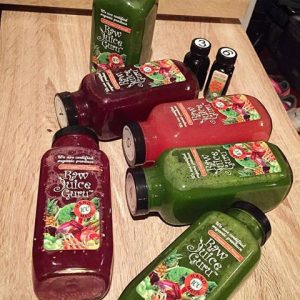
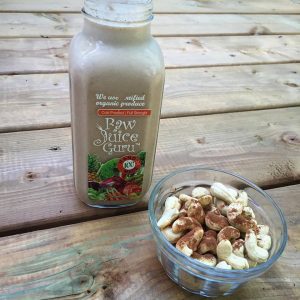 Delicately sweet yet healthy and delicious cashew nut is packed with energy, antioxidants, minerals and vitamins that are essential for robust health.
Delicately sweet yet healthy and delicious cashew nut is packed with energy, antioxidants, minerals and vitamins that are essential for robust health.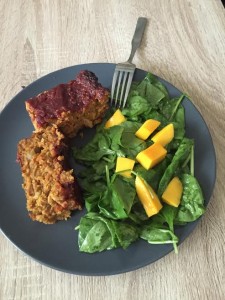
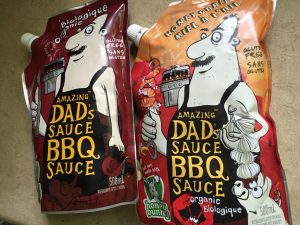
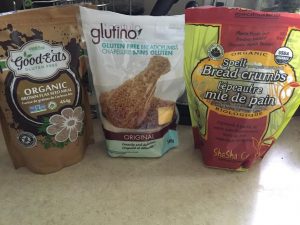
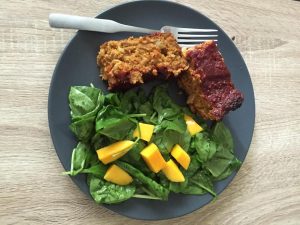
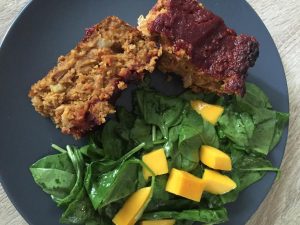

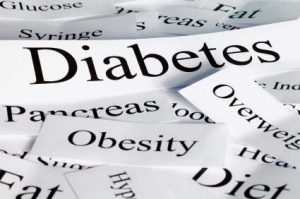


 The gut, our second brain. Now recognized by many health practitioners to be the root cause of disease, and where healing starts.
The gut, our second brain. Now recognized by many health practitioners to be the root cause of disease, and where healing starts. 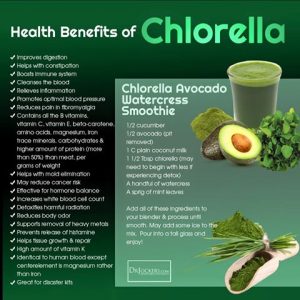
 A glass of lemon juice contains less than 25 calories. It is a rich source of nutrients like calcium, potassium, vitamin C and pectin fibre. It also has medicinal values and antibacterial properties.
A glass of lemon juice contains less than 25 calories. It is a rich source of nutrients like calcium, potassium, vitamin C and pectin fibre. It also has medicinal values and antibacterial properties.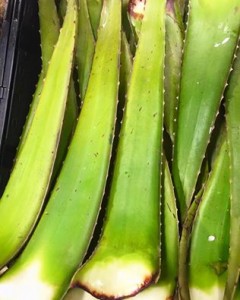 Our Fresh weekly delivery of aloe Vera.
Our Fresh weekly delivery of aloe Vera.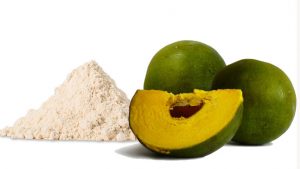 Lucuma is sweet, but low on the glycemic scale, so it is perfect for anyone looking to decrease their sugar consumption. The flavor is similar to caramel or maple, so it lends itself to a wide variety of sweets. For breakfast, add a tablespoon of lucuma powder to smoothies, yogurt, and oatmeal. You can of course use it in desserts as well by blending it into pudding, cakes, cookies, candies, and bars.
Lucuma is sweet, but low on the glycemic scale, so it is perfect for anyone looking to decrease their sugar consumption. The flavor is similar to caramel or maple, so it lends itself to a wide variety of sweets. For breakfast, add a tablespoon of lucuma powder to smoothies, yogurt, and oatmeal. You can of course use it in desserts as well by blending it into pudding, cakes, cookies, candies, and bars. 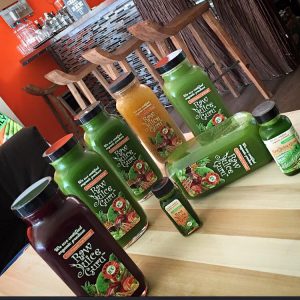 1800 831 9028
1800 831 9028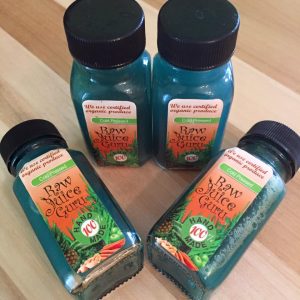 “Say hello to my little friend” scarface ?
“Say hello to my little friend” scarface ?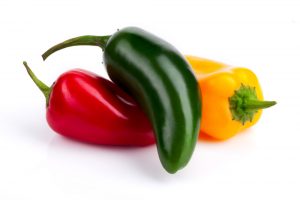 Don’t let this
Don’t let this 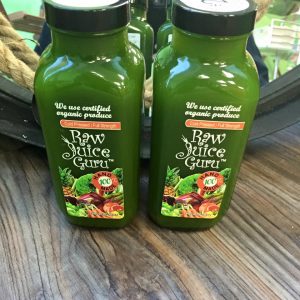 who suffer from arthritis.
who suffer from arthritis.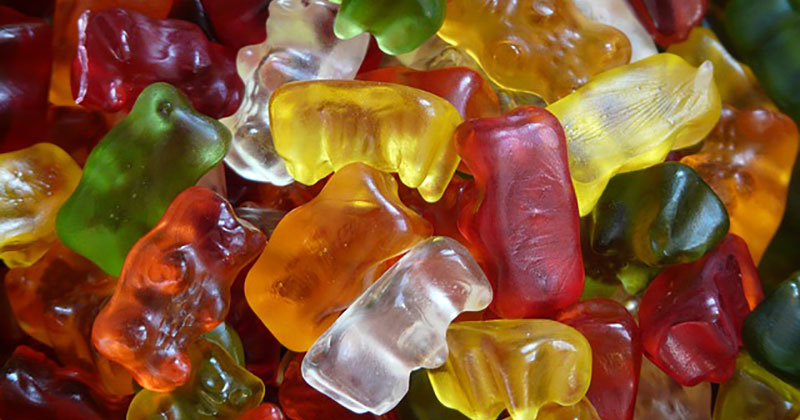 The snack foods that are marketed for children can have anything from cancer causing artificial coloring to the unbelievable, petroleum products! ! Petroleum is the same ingredient that is used to make up oil and gas. Commonly used food dyes, such as Yellow 5, and Red 40 are made from petroleum and pose serious health problems. The Federal Food and Drug Administration (FDA) has stated that ingestion is typically under the “concern threshold.”
The snack foods that are marketed for children can have anything from cancer causing artificial coloring to the unbelievable, petroleum products! ! Petroleum is the same ingredient that is used to make up oil and gas. Commonly used food dyes, such as Yellow 5, and Red 40 are made from petroleum and pose serious health problems. The Federal Food and Drug Administration (FDA) has stated that ingestion is typically under the “concern threshold.”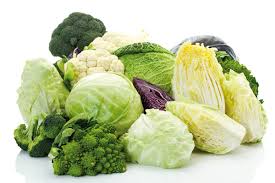 Let’s talk cruciferous vegetables and why we love them and use them daily here at Raw Juice Guru, these are some of the cruciferous vegetables:
Let’s talk cruciferous vegetables and why we love them and use them daily here at Raw Juice Guru, these are some of the cruciferous vegetables:
 Known benefits of Cashew Nuts
Known benefits of Cashew Nuts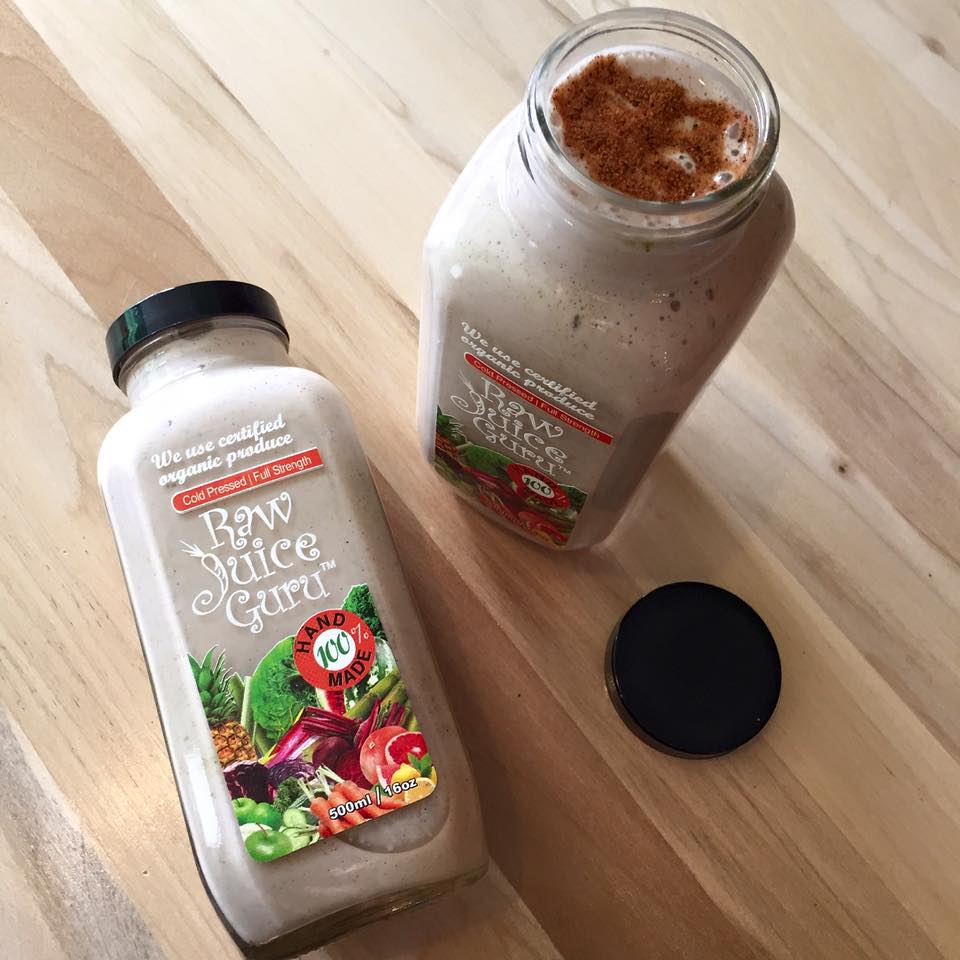
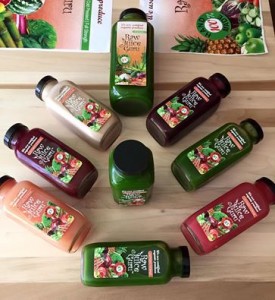
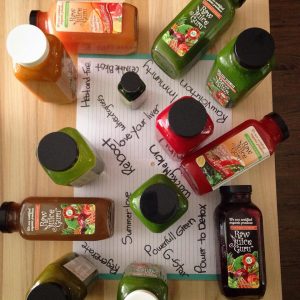

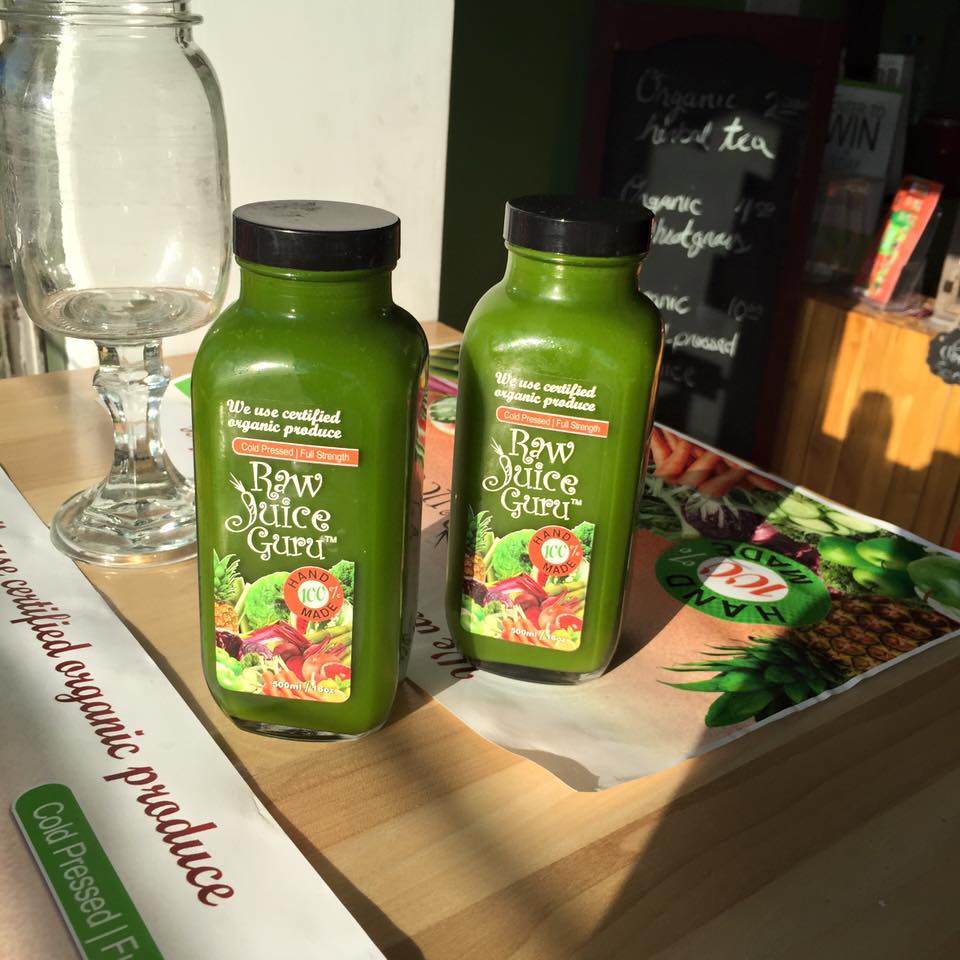

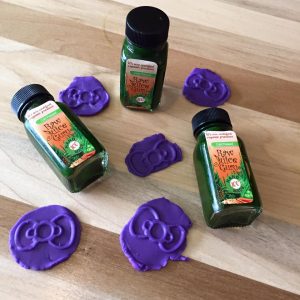 Playdo and wheatgrass elixirs go hand in hand. Ones for imagination, the green one for your health.
Playdo and wheatgrass elixirs go hand in hand. Ones for imagination, the green one for your health. Vitamin D is Actually a Hormone: Here’s Why You Need It
Vitamin D is Actually a Hormone: Here’s Why You Need It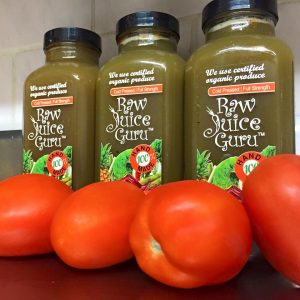 G-V8
G-V8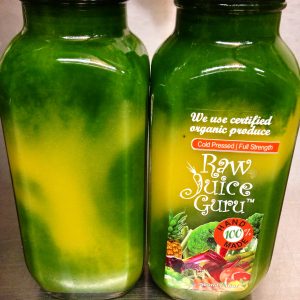 Consuming Raw juices repairs cellular DNA and helps prevent cancer! 98% of your cells are replaced every year. When you rebuild your cells with high mineral content foods, you protect your body from free-radicals, diseases, viruses, infections, and more! Raw juices are filled with minerals, phytonutrients, antioxidants, and powerful proteins. Make healthy habits now. We believe in REAL prevention, do you?
Consuming Raw juices repairs cellular DNA and helps prevent cancer! 98% of your cells are replaced every year. When you rebuild your cells with high mineral content foods, you protect your body from free-radicals, diseases, viruses, infections, and more! Raw juices are filled with minerals, phytonutrients, antioxidants, and powerful proteins. Make healthy habits now. We believe in REAL prevention, do you? The first thing that is really important to understand: the product does not remove odor molecules and it doesn’t clean the item it comes into contact with.
The first thing that is really important to understand: the product does not remove odor molecules and it doesn’t clean the item it comes into contact with.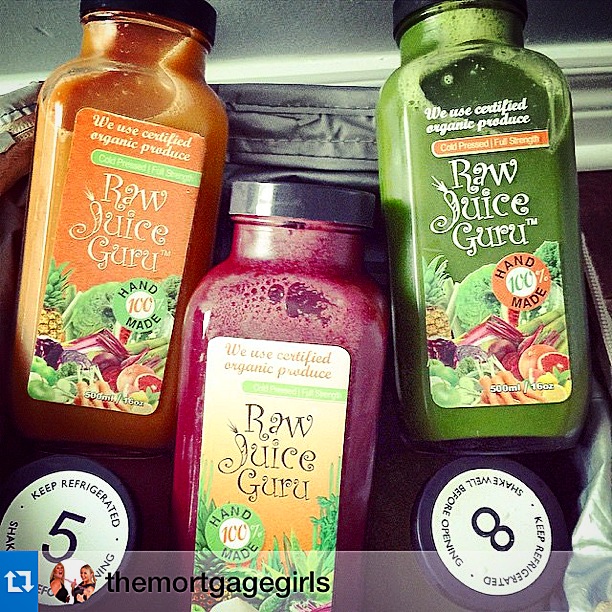

 GMOs are unhealthy
GMOs are unhealthy Do you want to feel better and look great? Are you ready to get back to a healthier you and adopt a healthier lifestyle? If you are serious about a healthy lifestyle, you can start by giving your body the time, energy and nutrients to heal and detox itself. Whether as routine maintenance or a kick start to a new you, a tailored
Do you want to feel better and look great? Are you ready to get back to a healthier you and adopt a healthier lifestyle? If you are serious about a healthy lifestyle, you can start by giving your body the time, energy and nutrients to heal and detox itself. Whether as routine maintenance or a kick start to a new you, a tailored 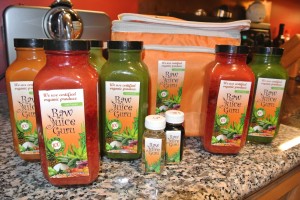 Is there a perfect time to do a
Is there a perfect time to do a 
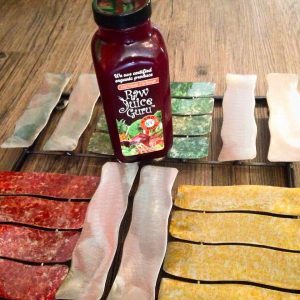
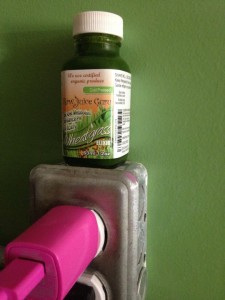
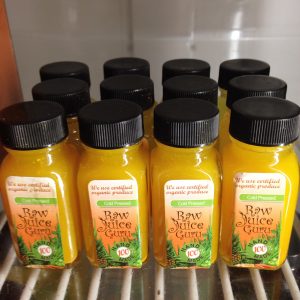
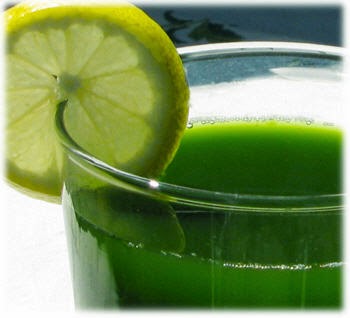 Giving plants their green color is a natural compound known as chlorophyll. Utilizing light energy to convert
Giving plants their green color is a natural compound known as chlorophyll. Utilizing light energy to convert 